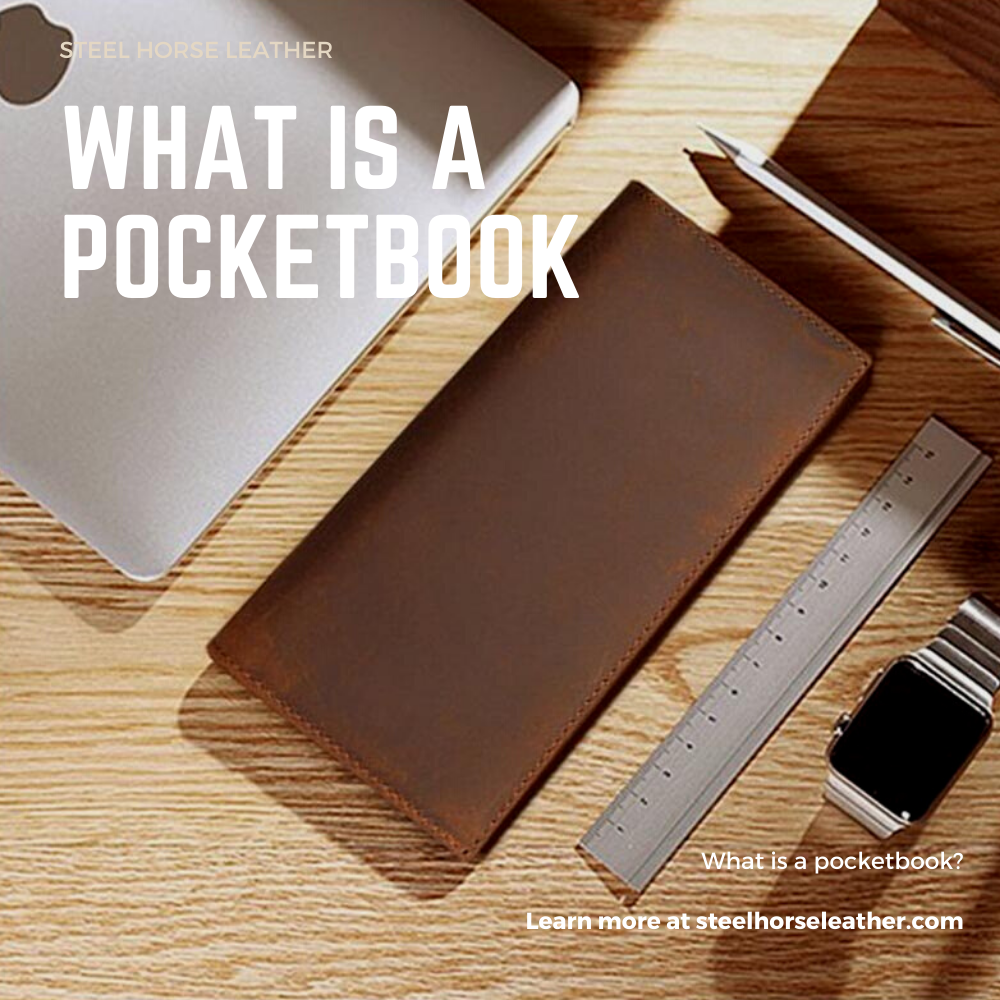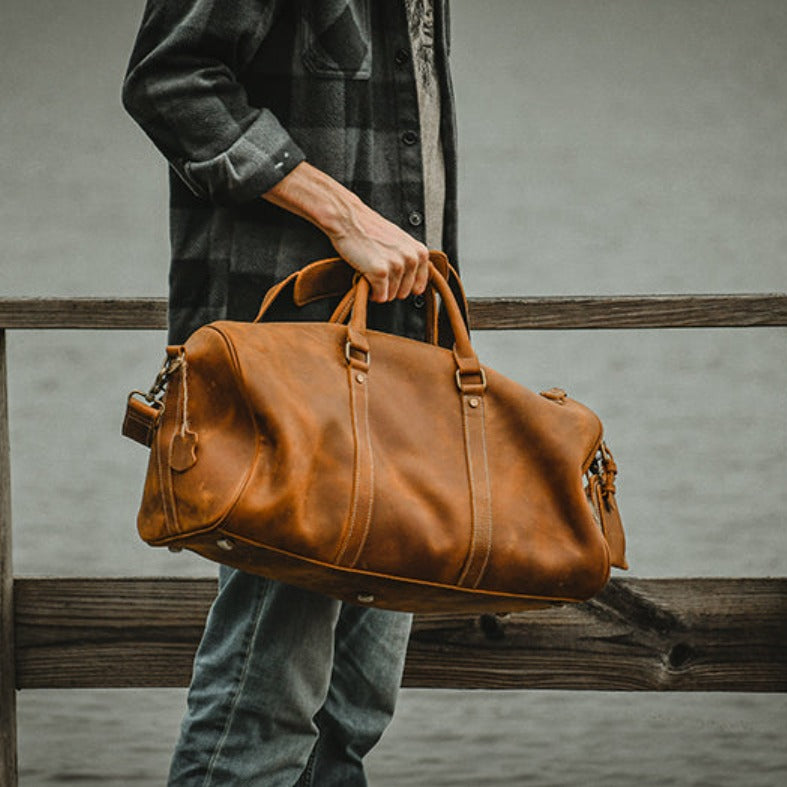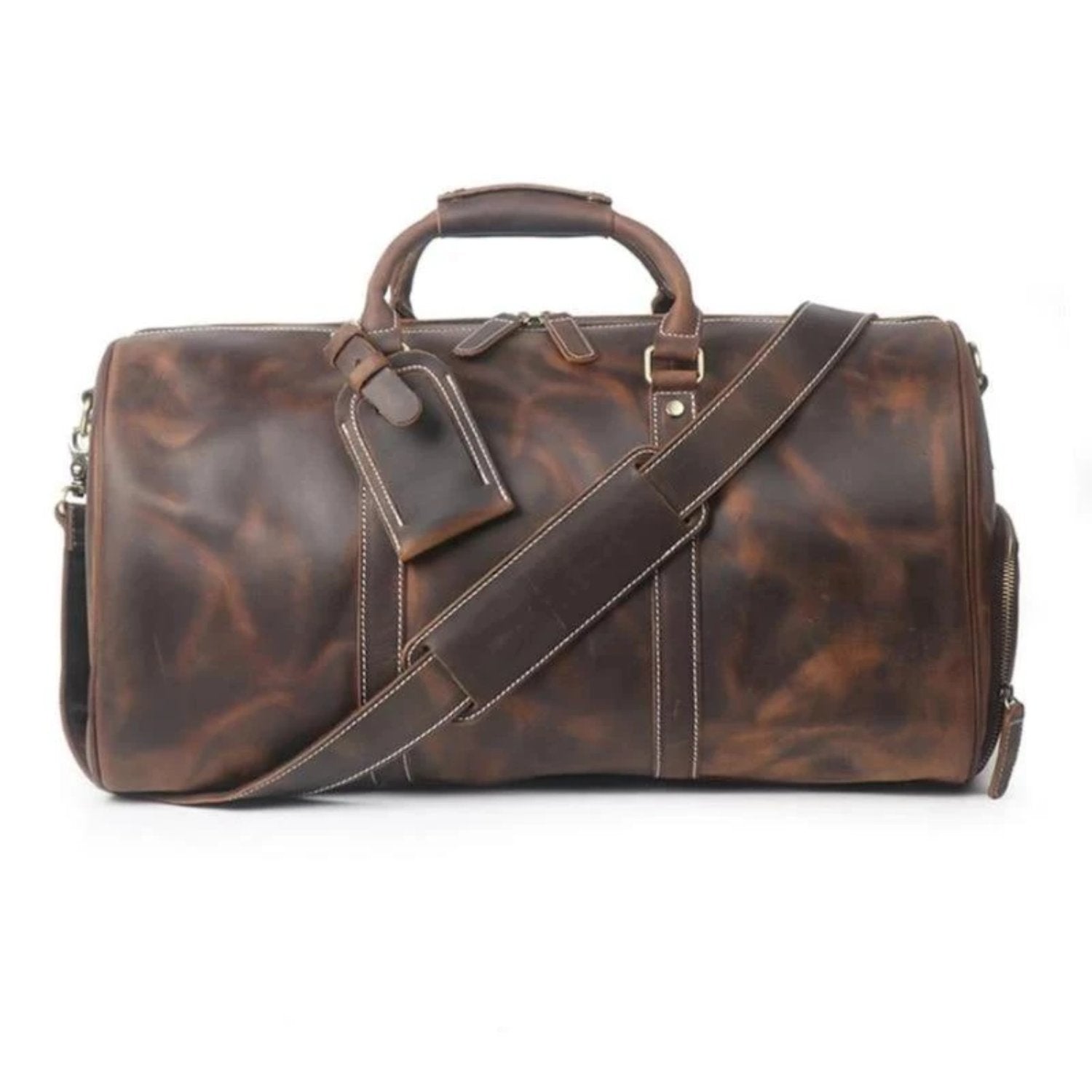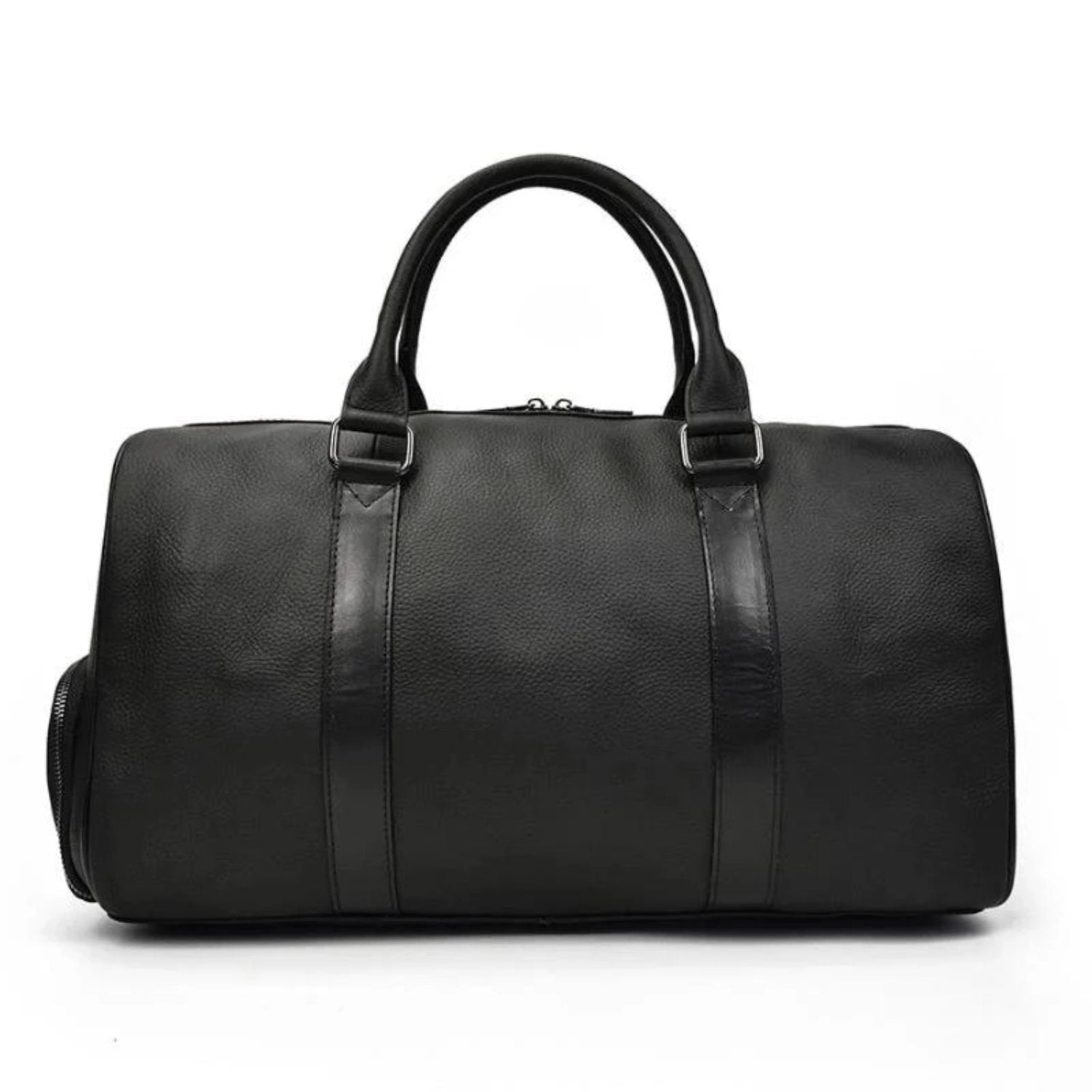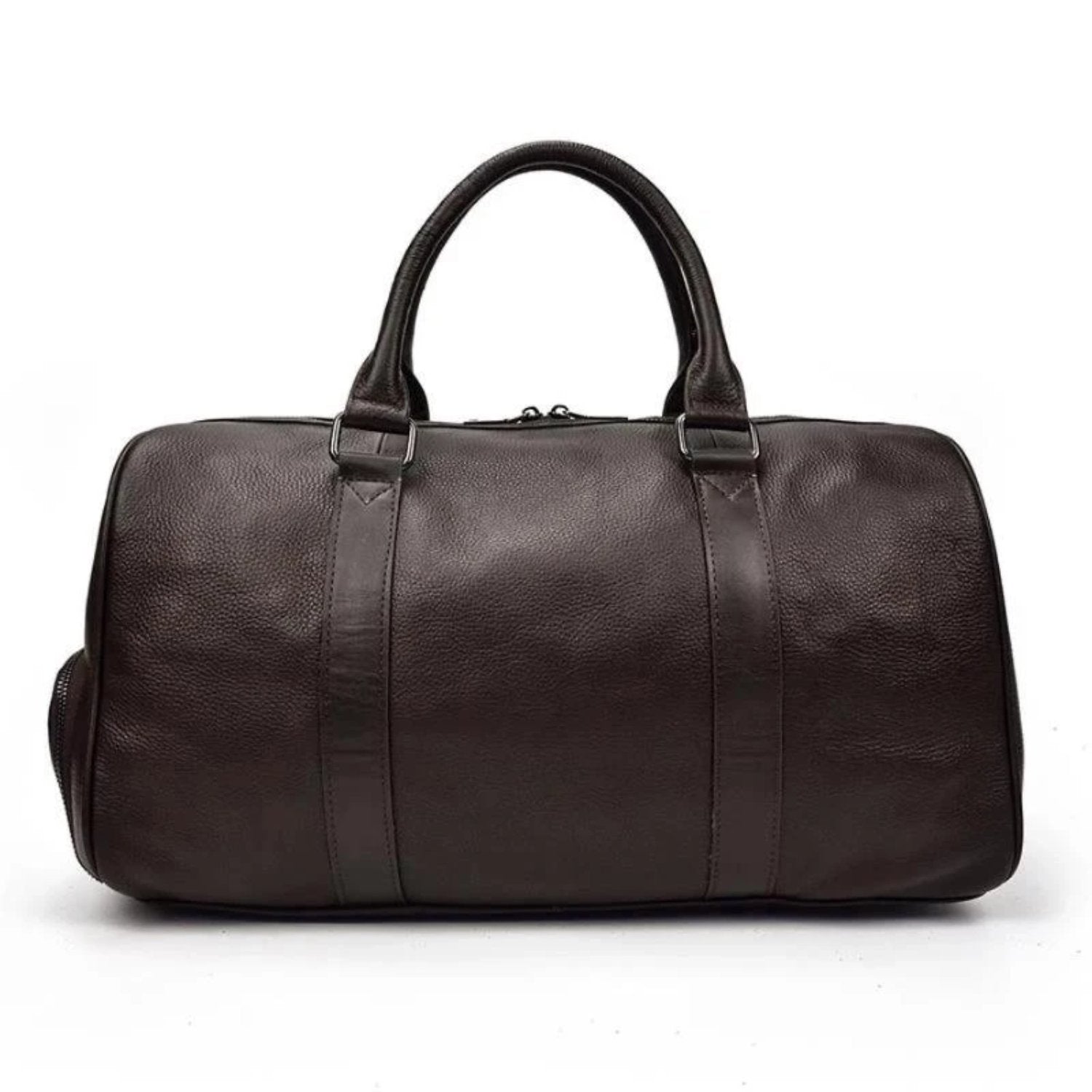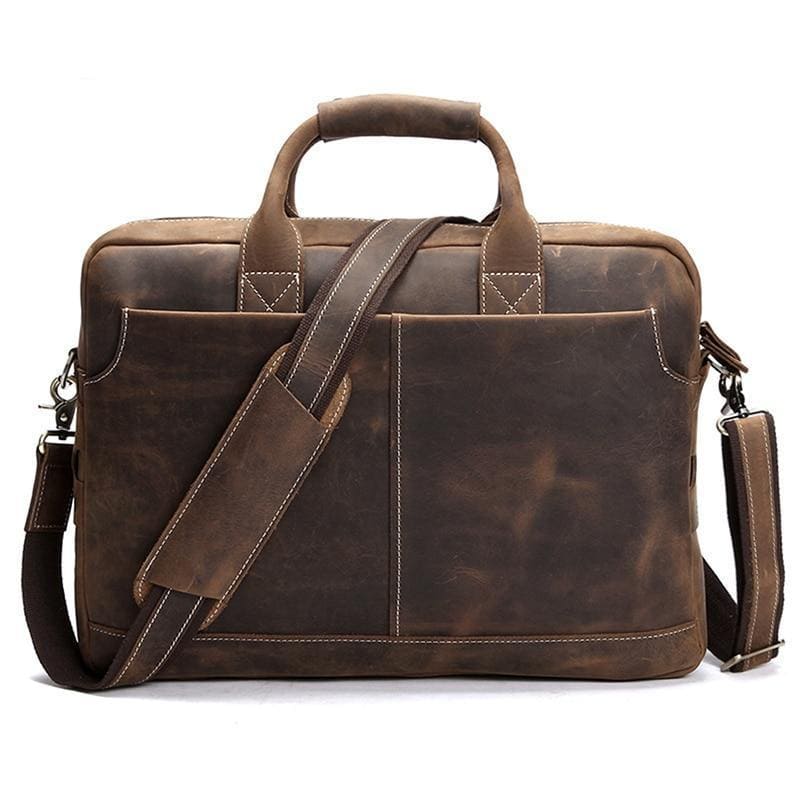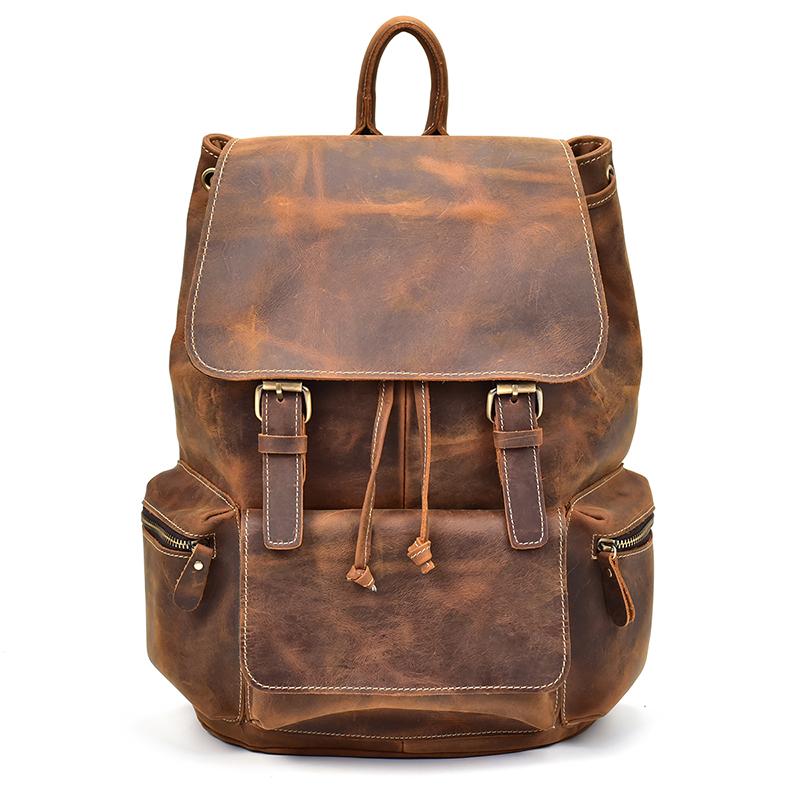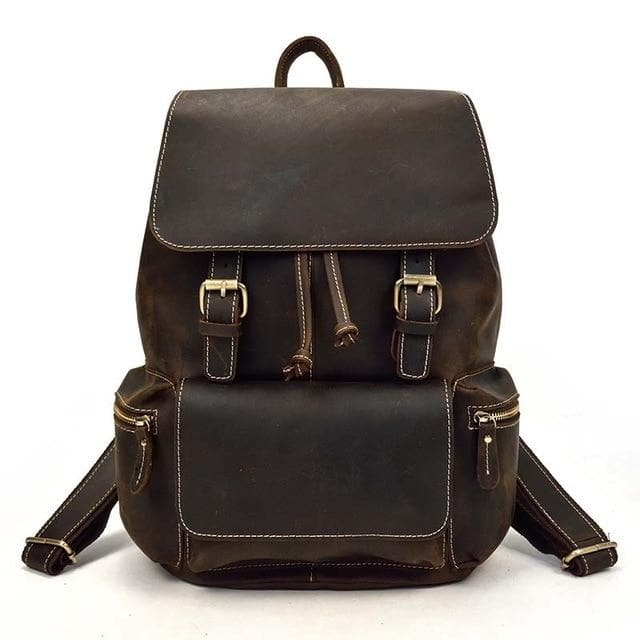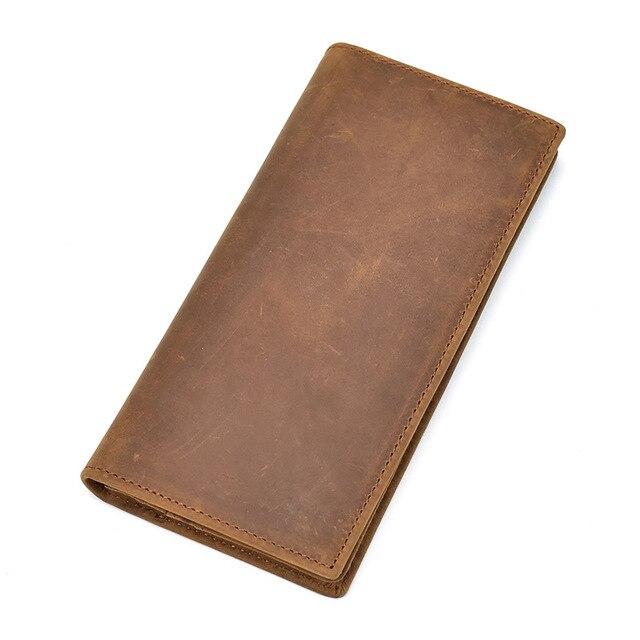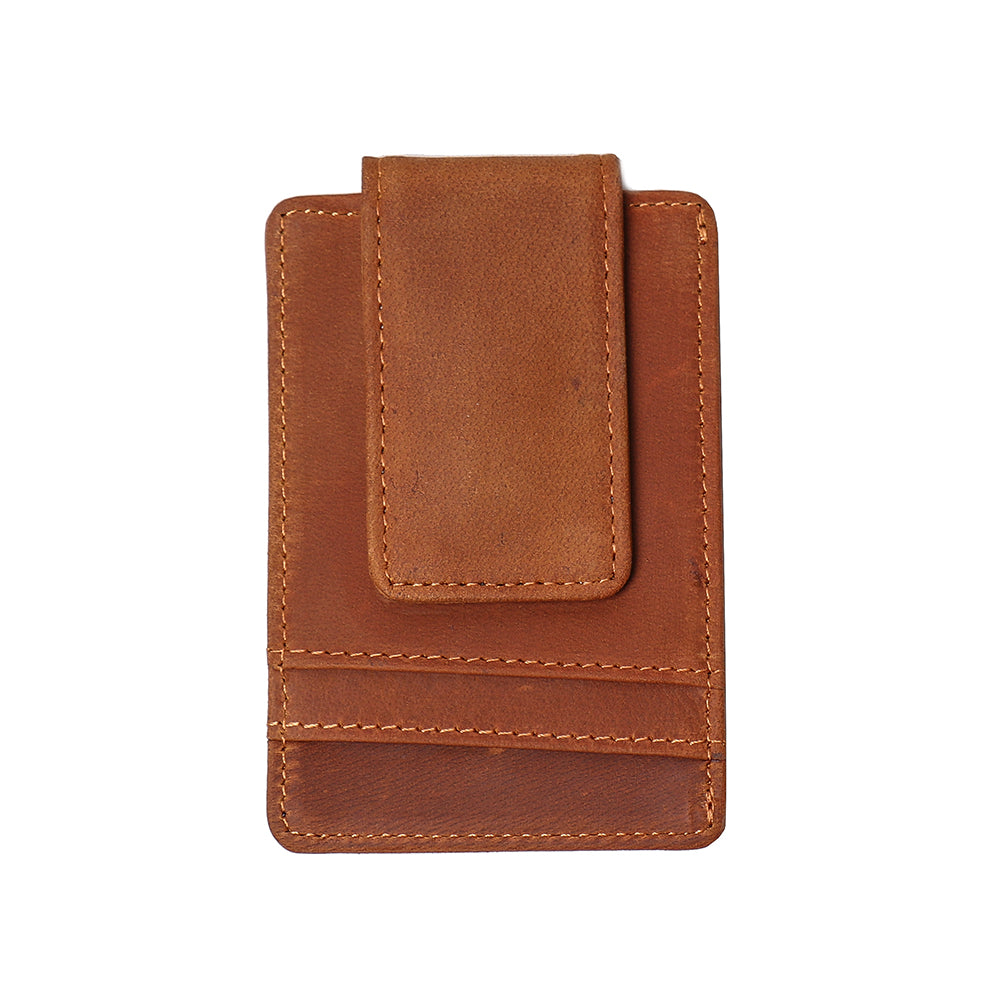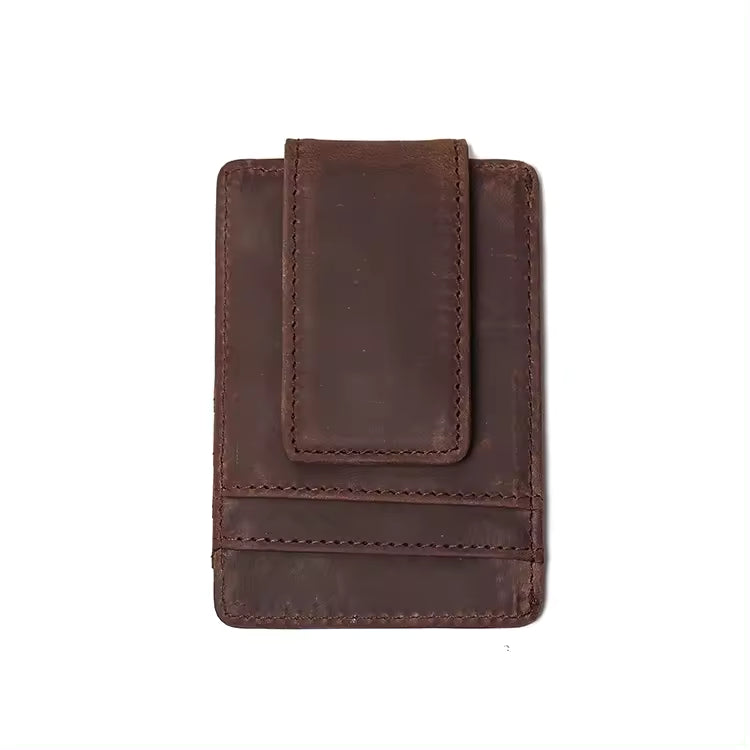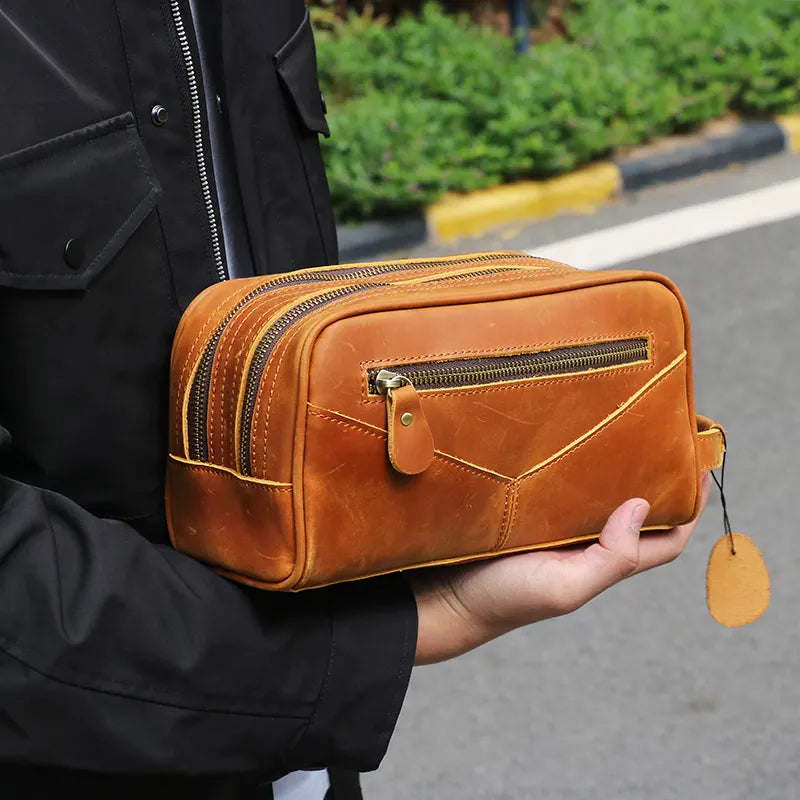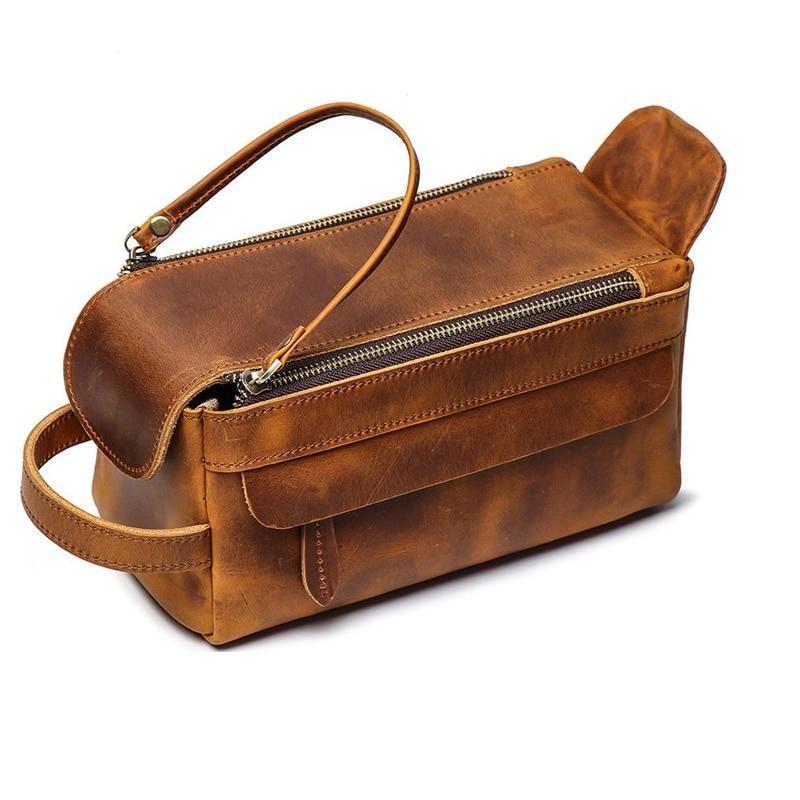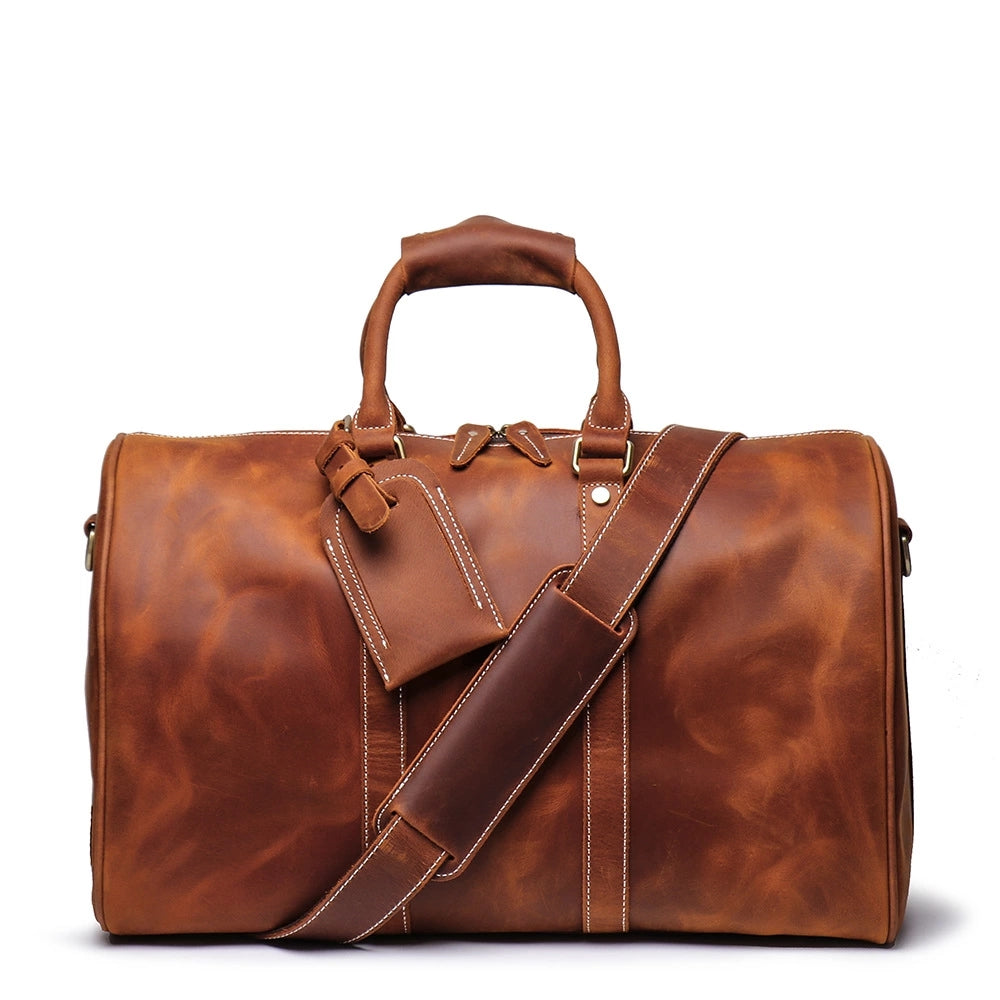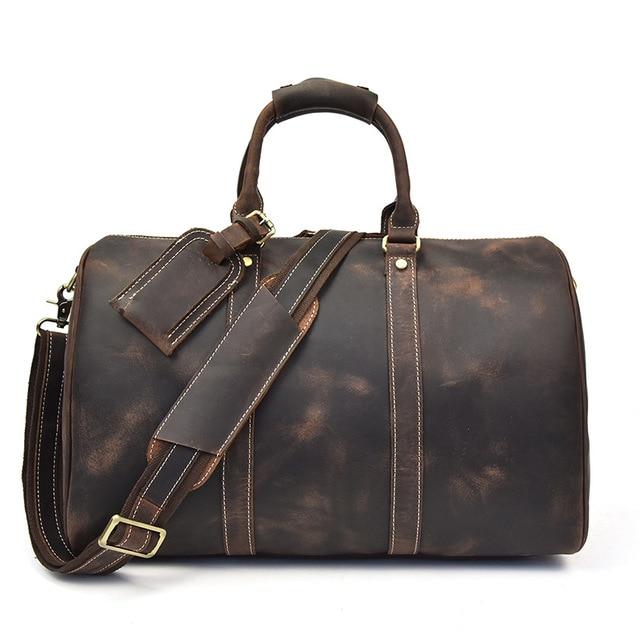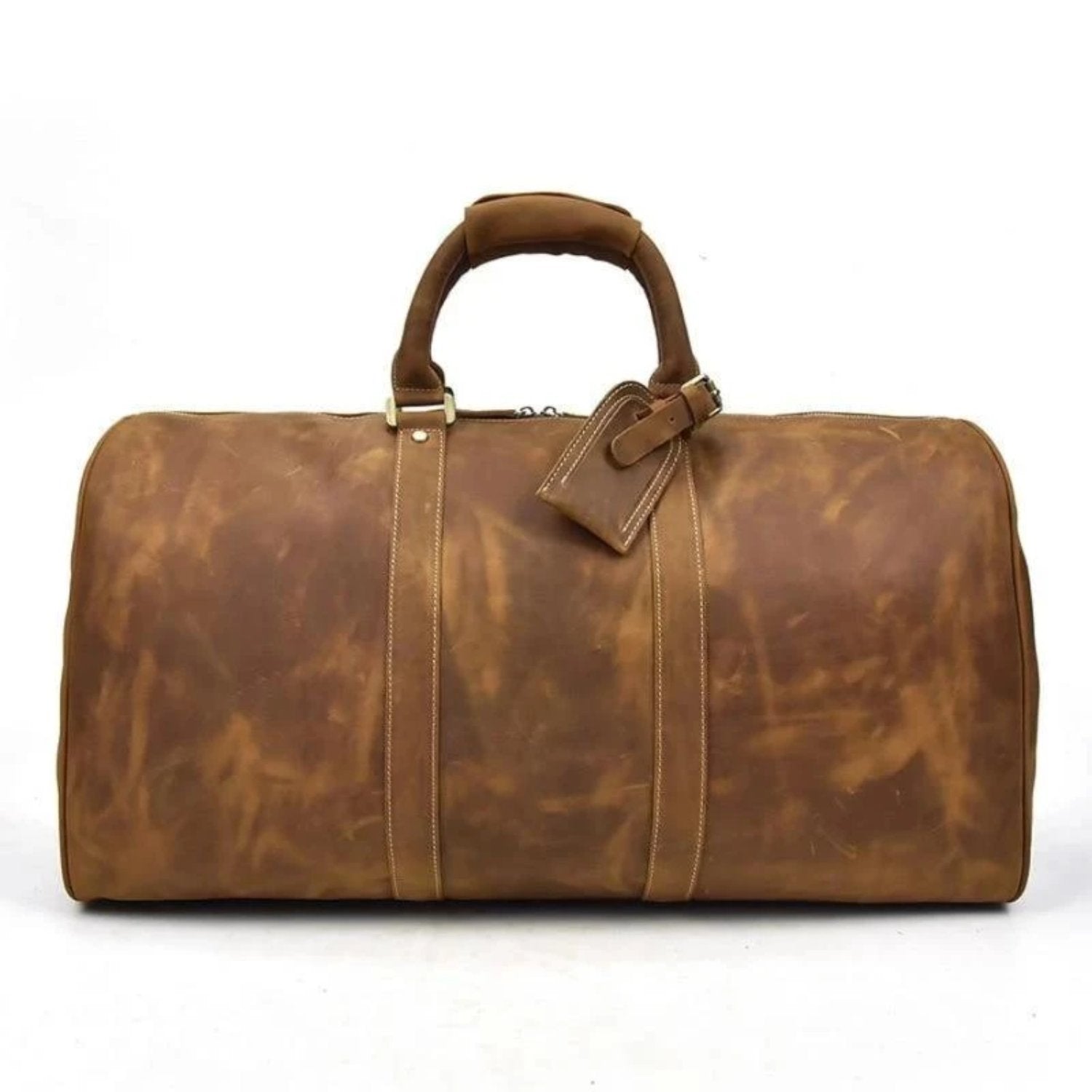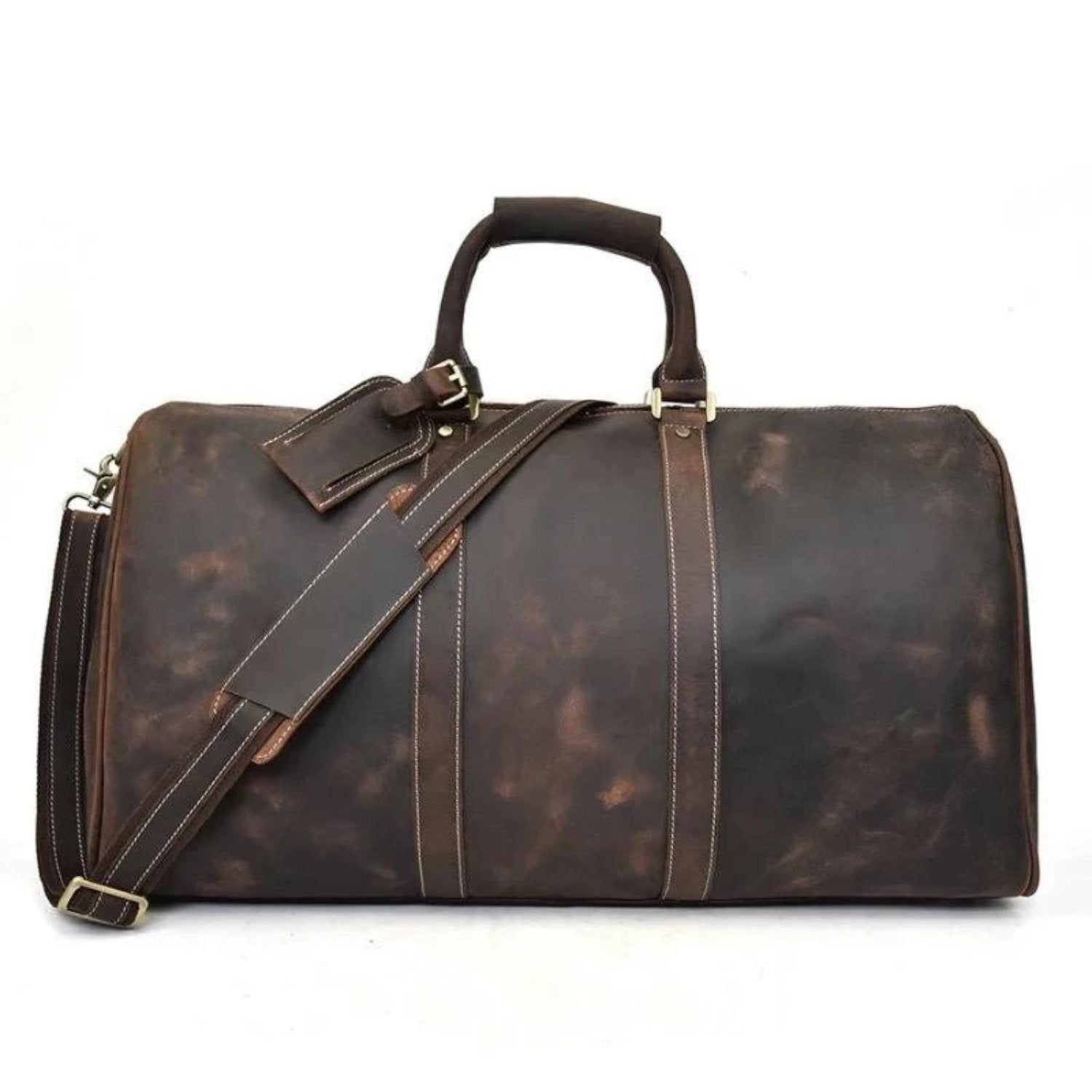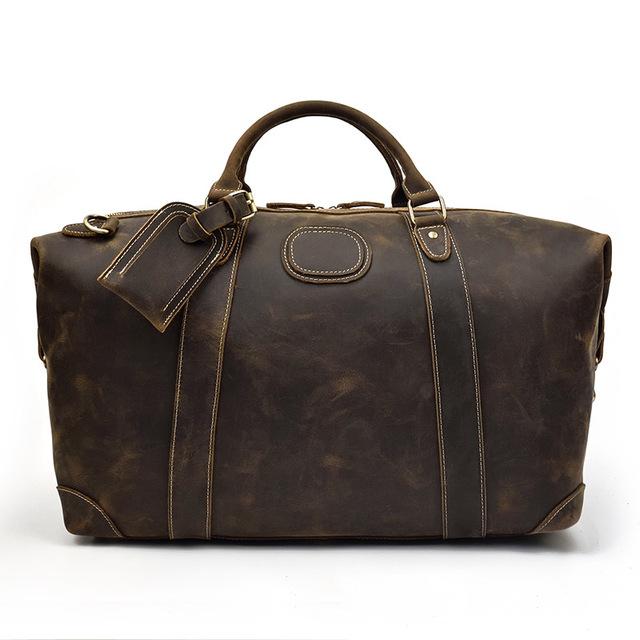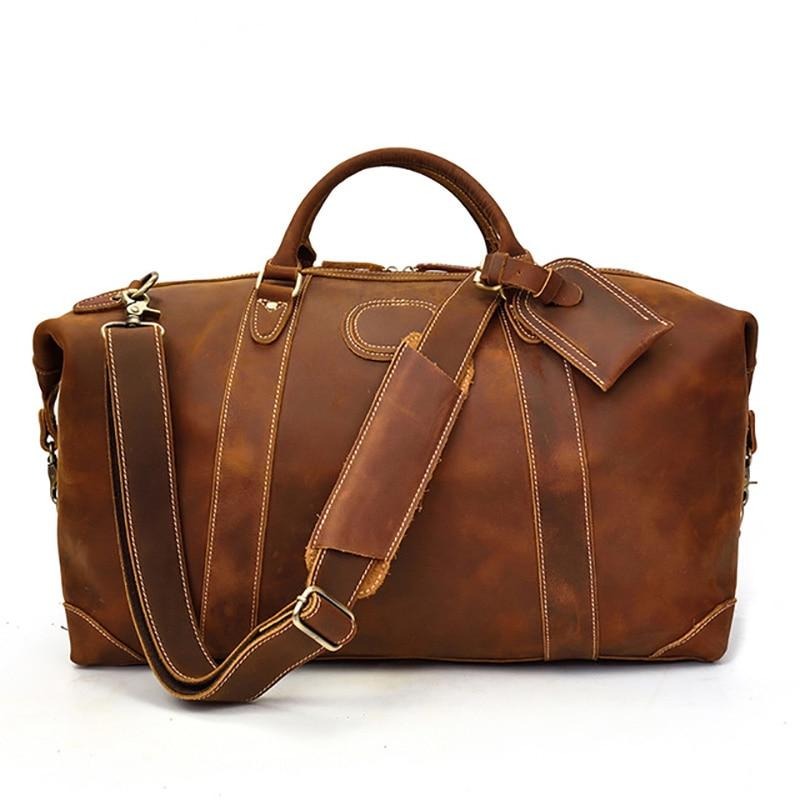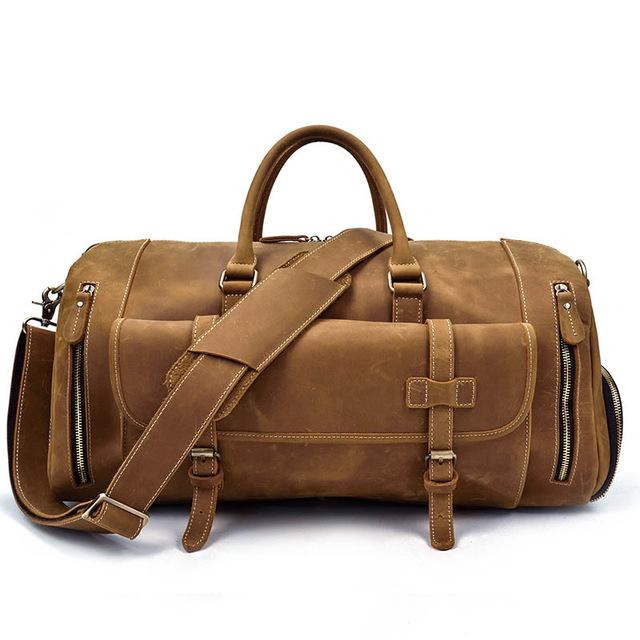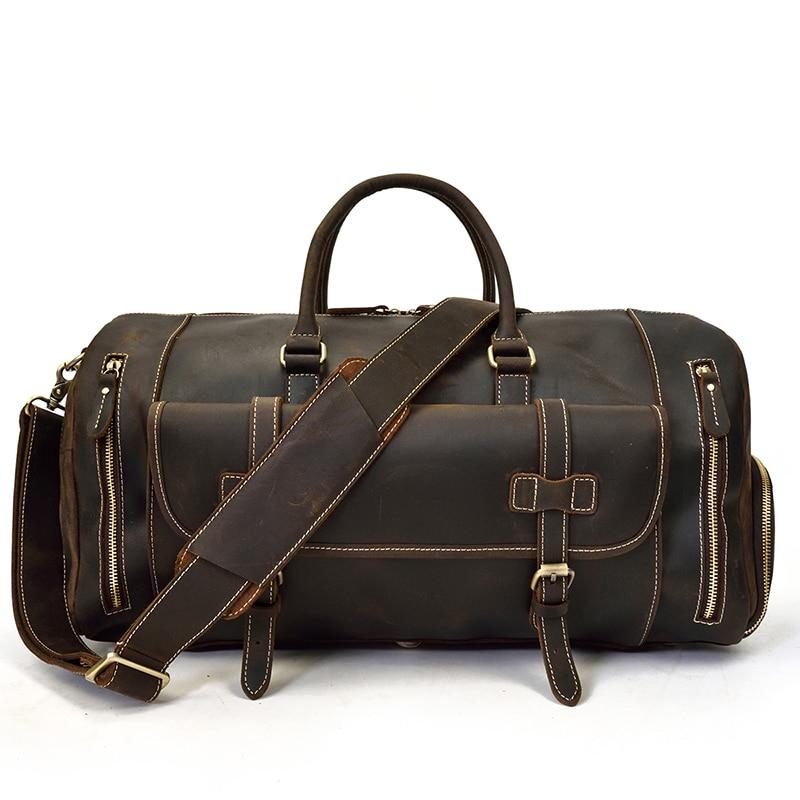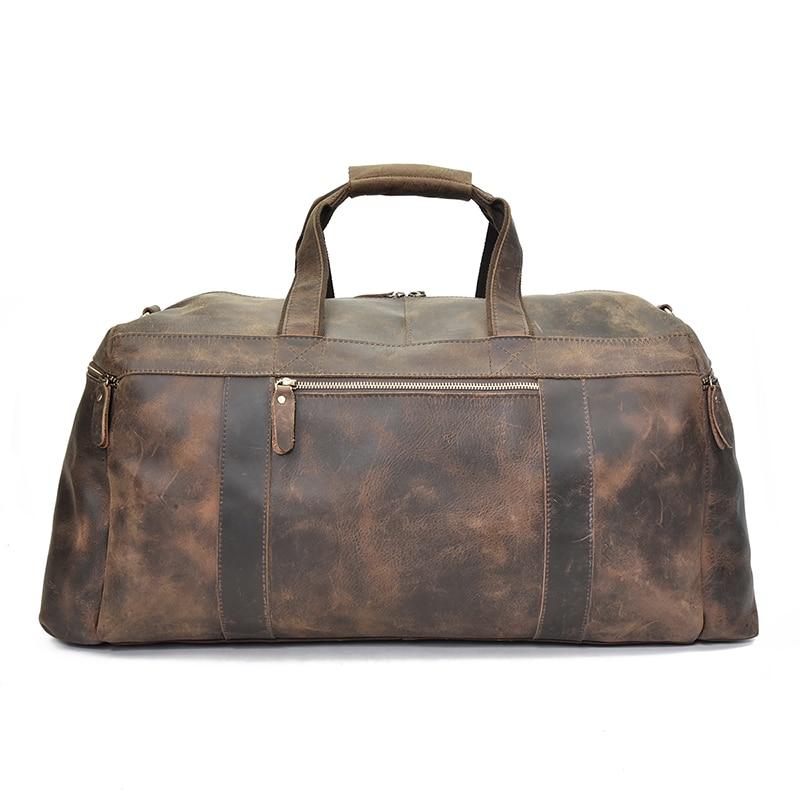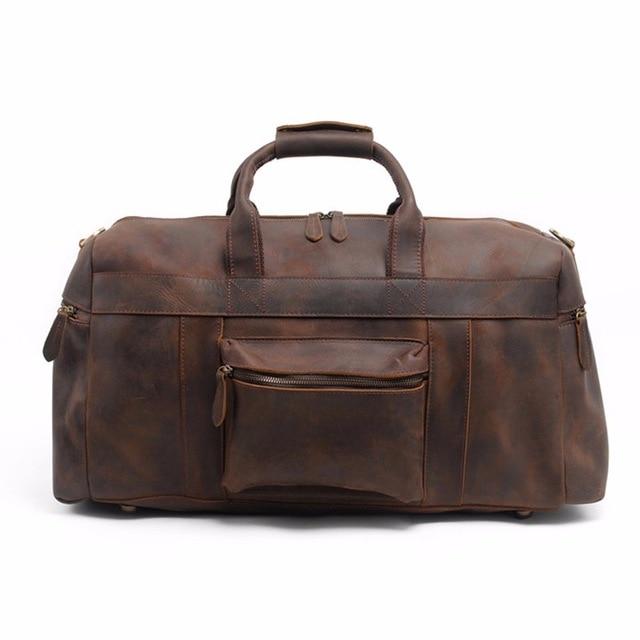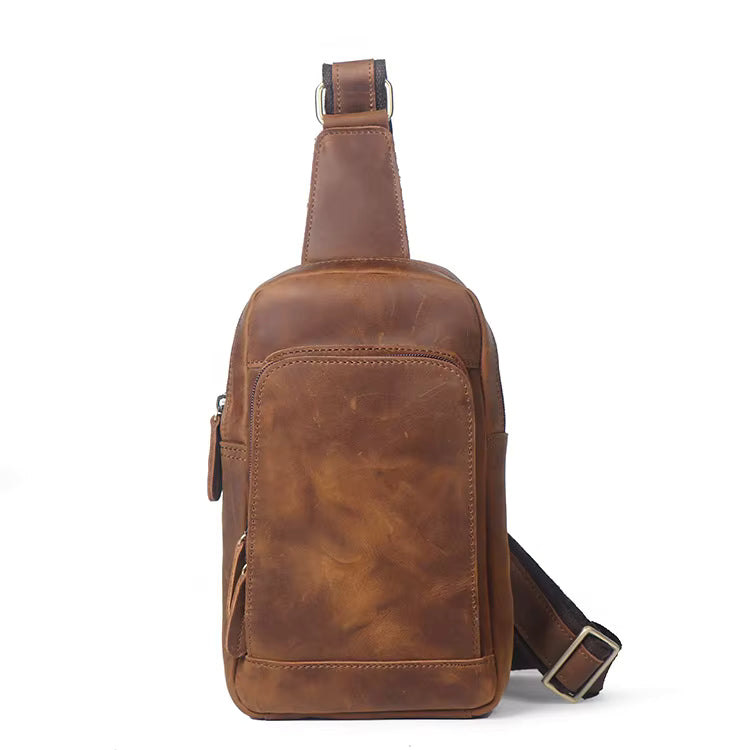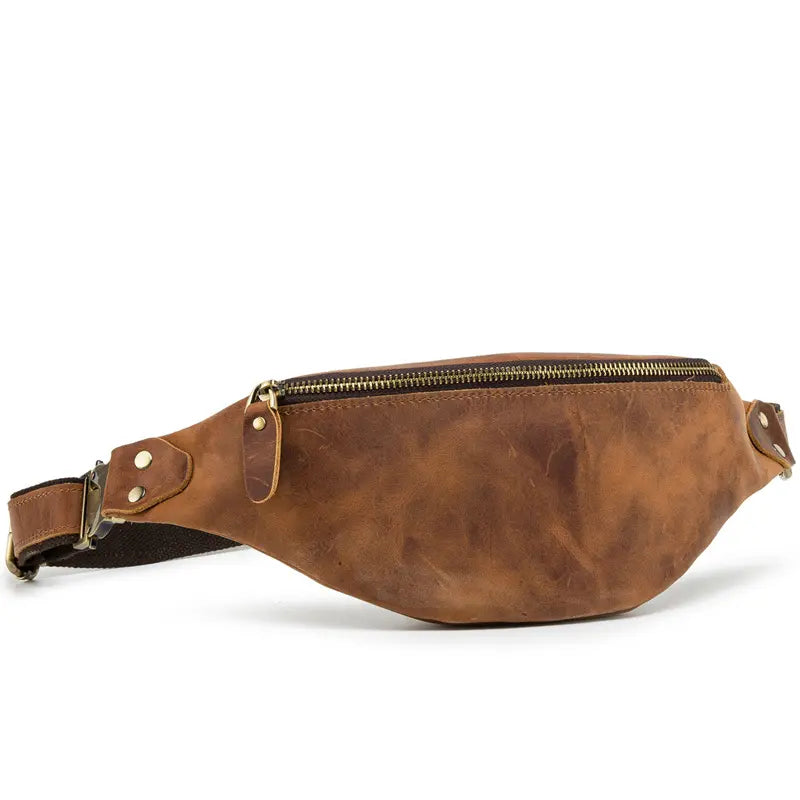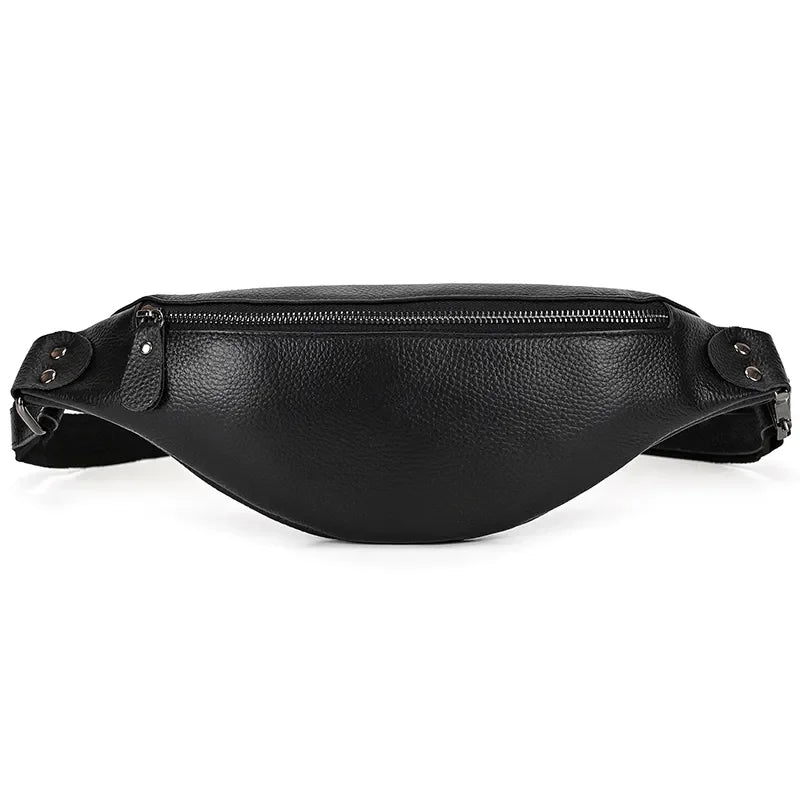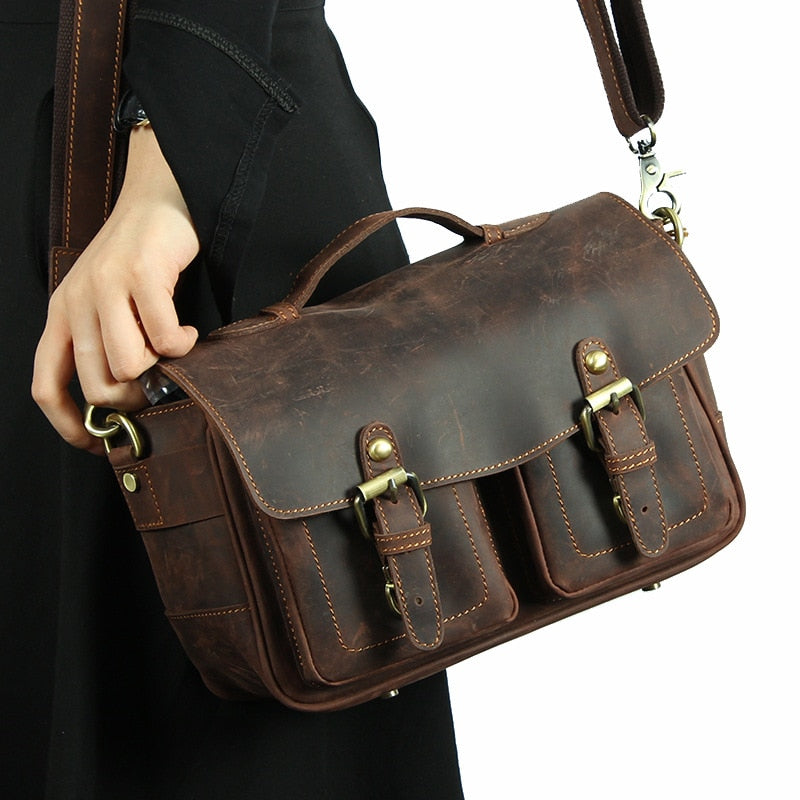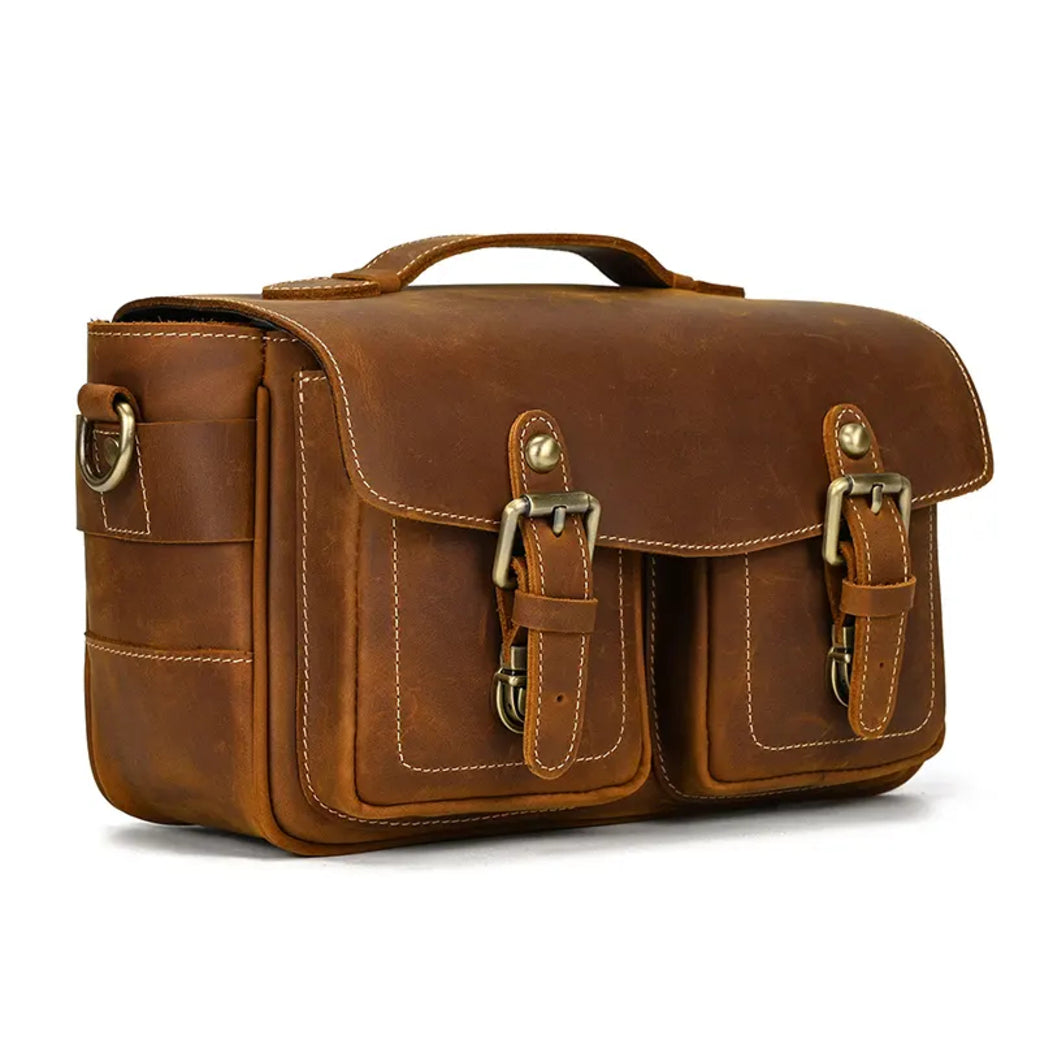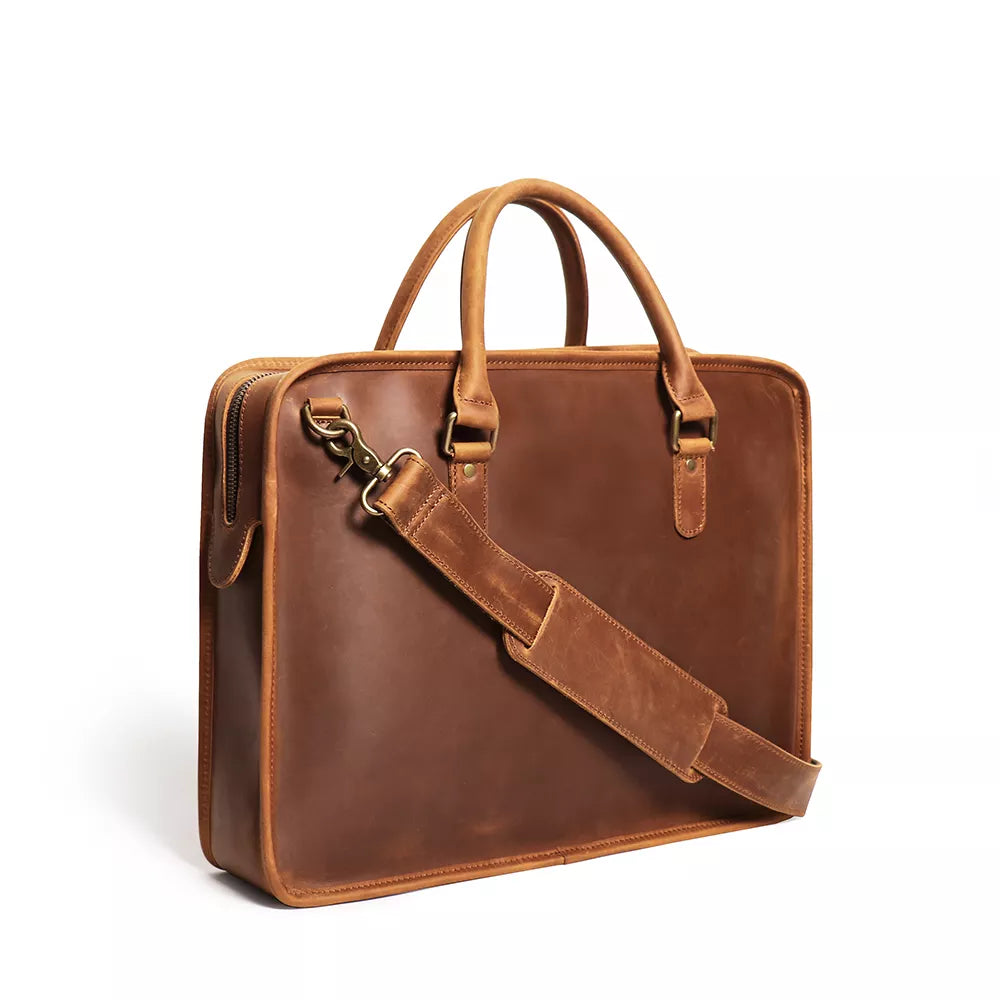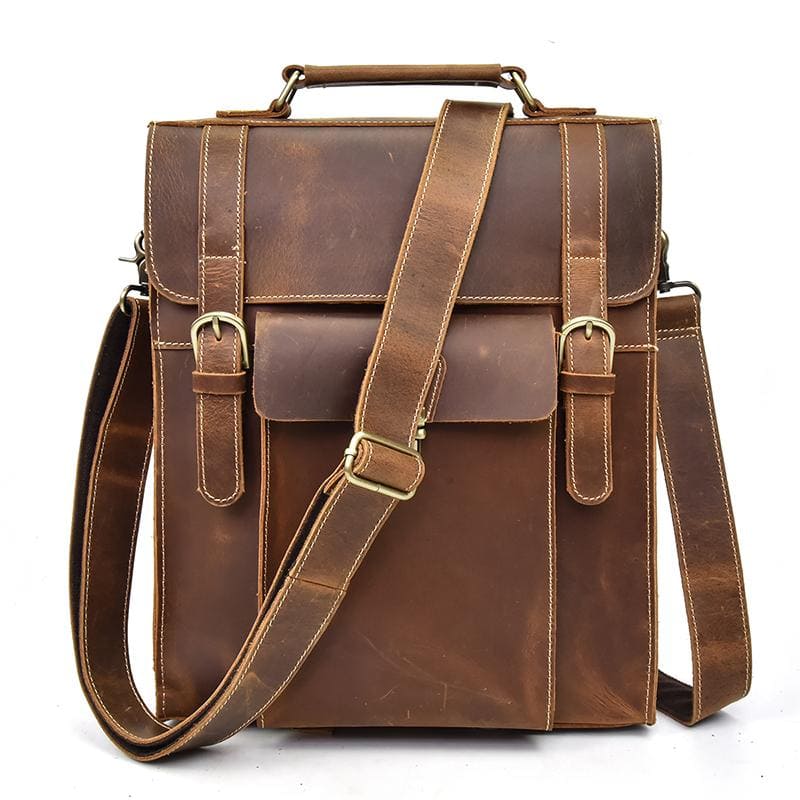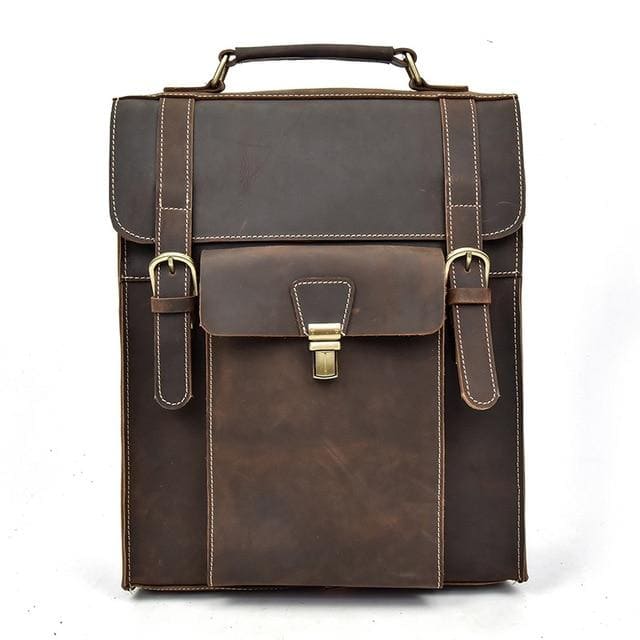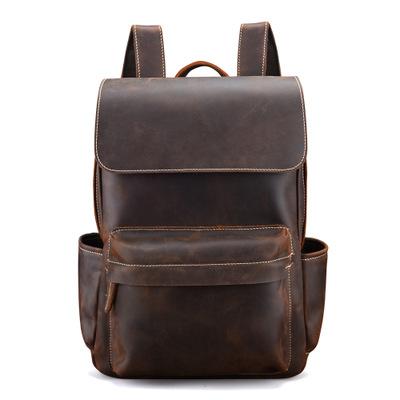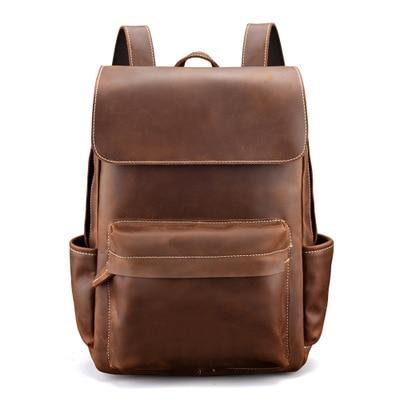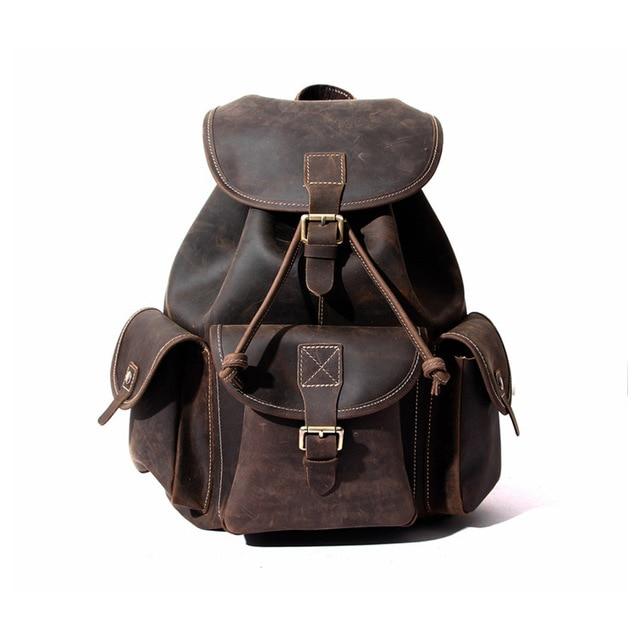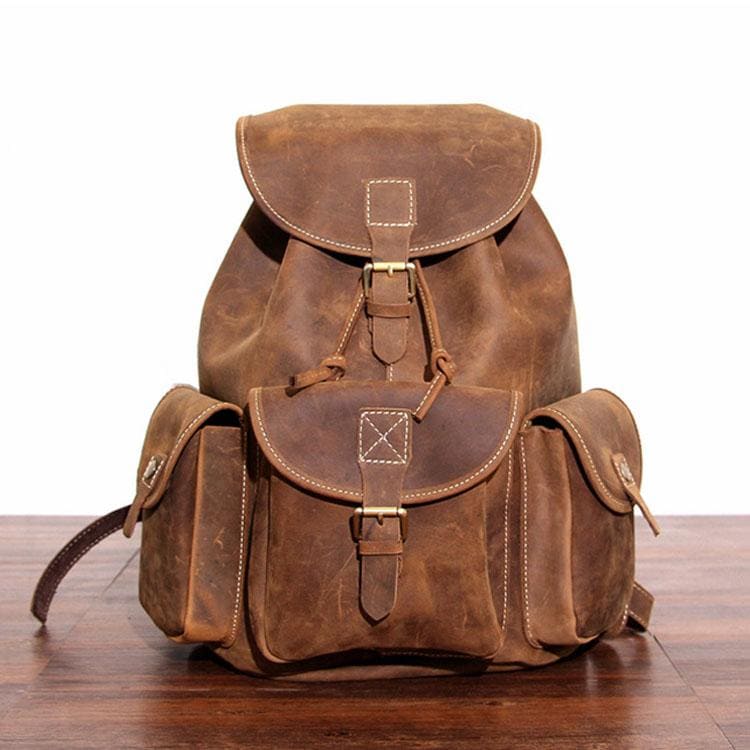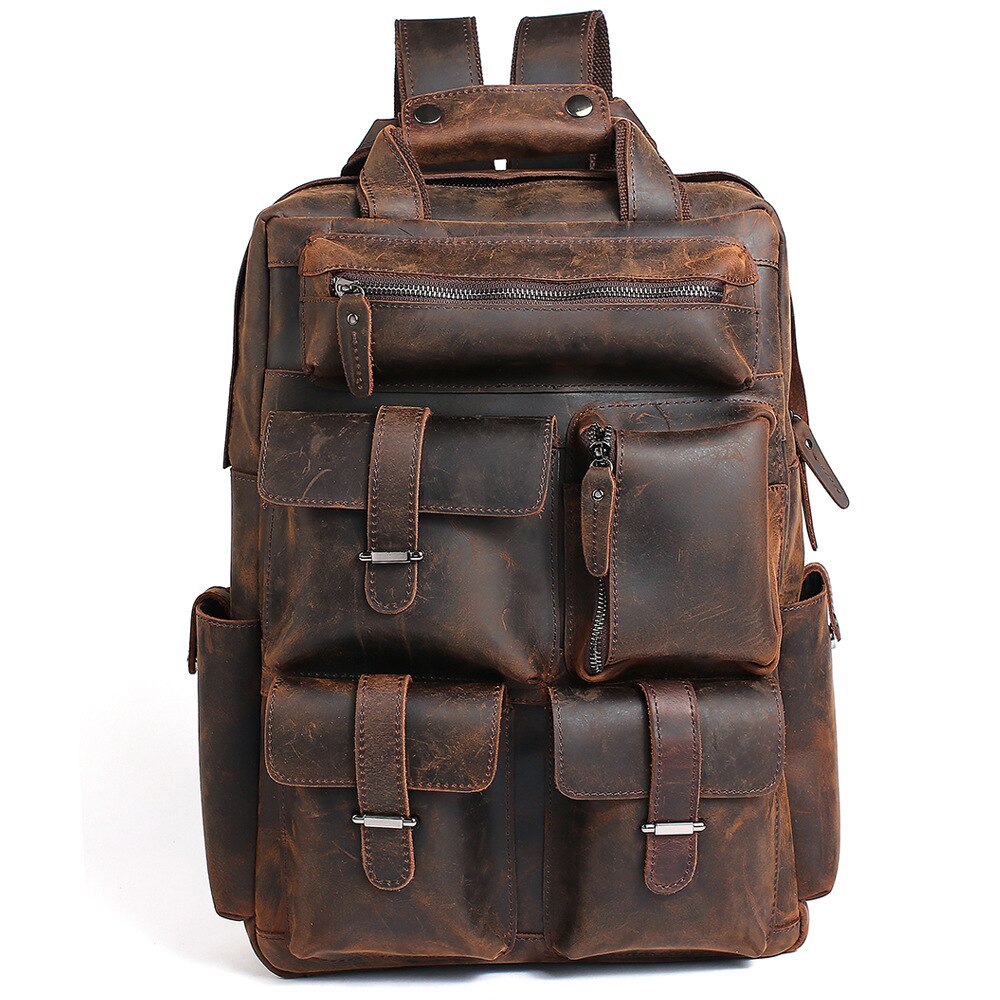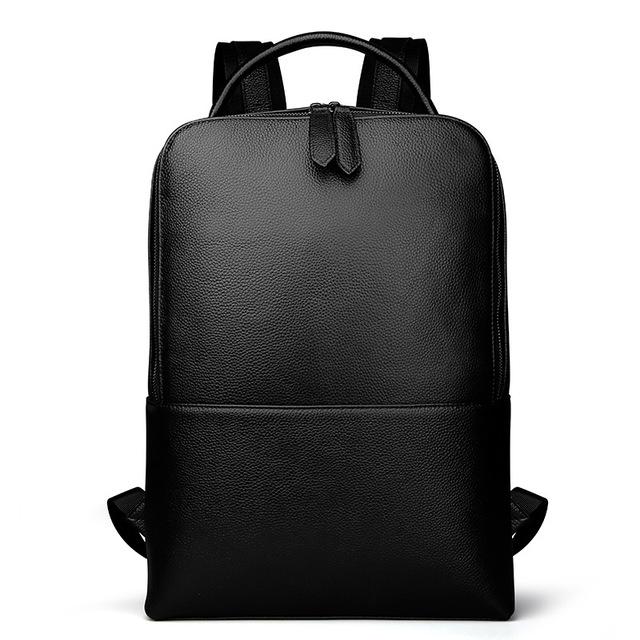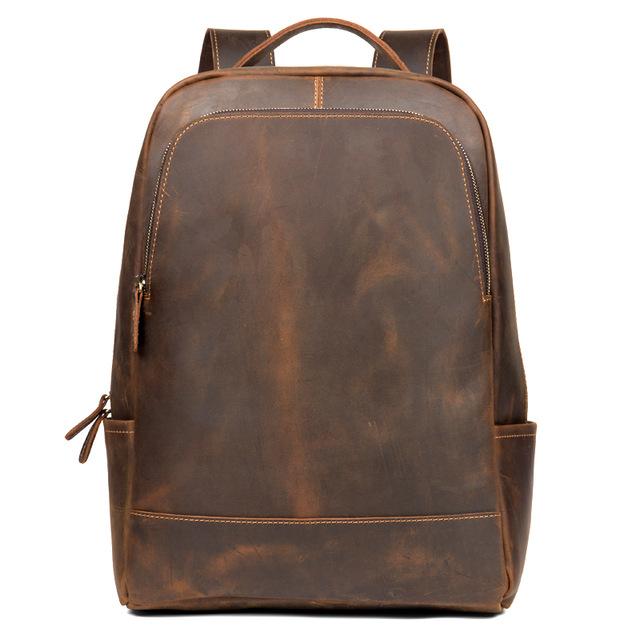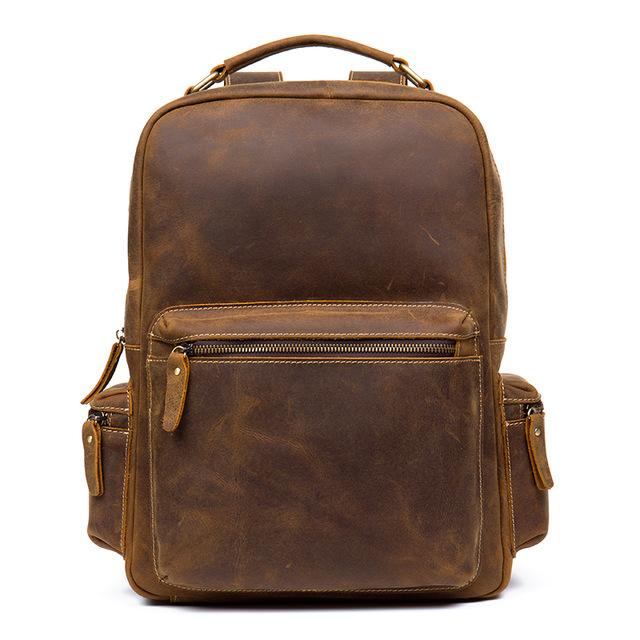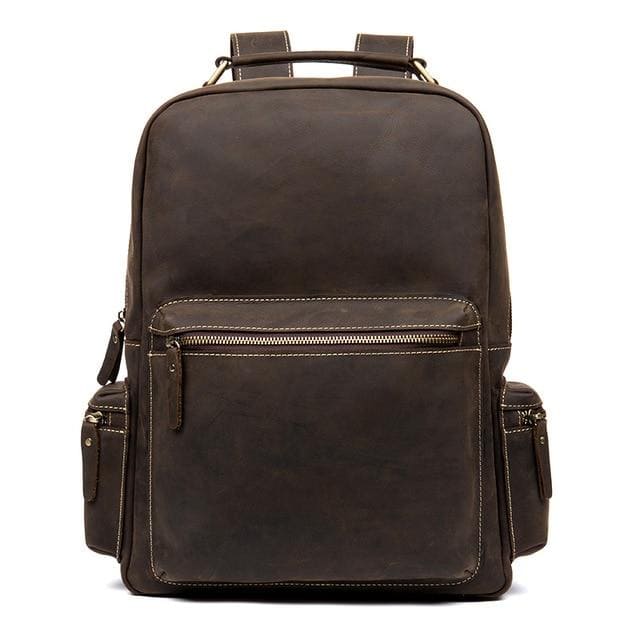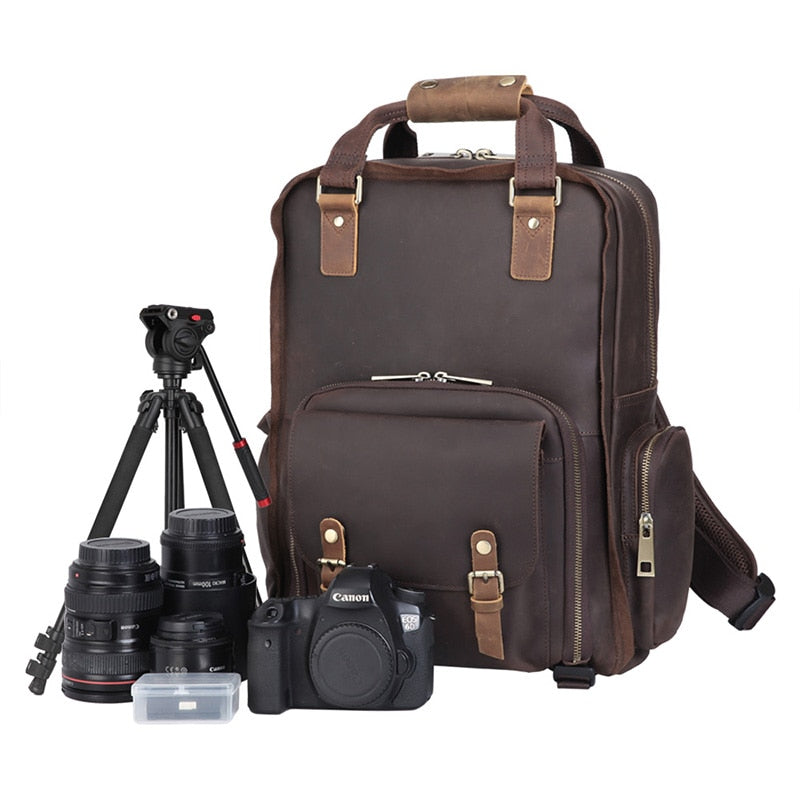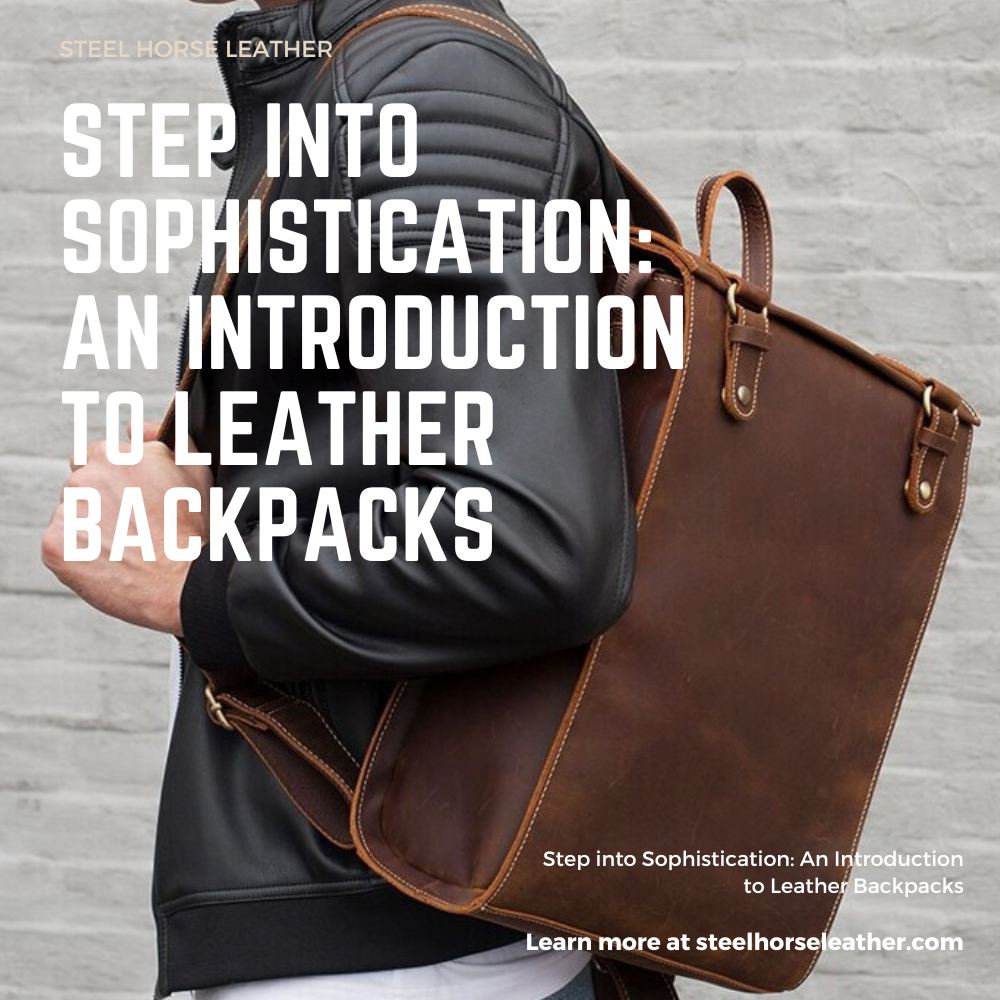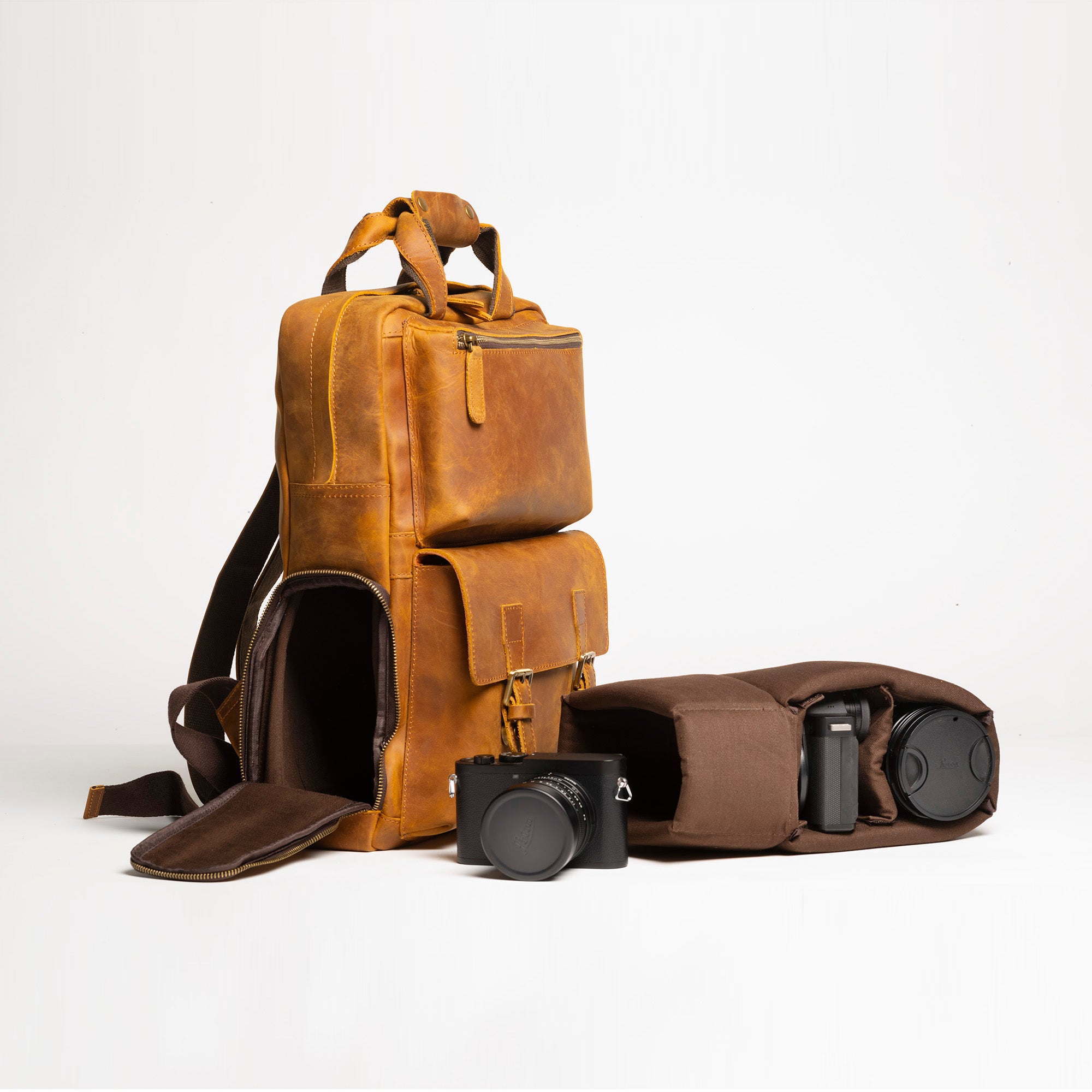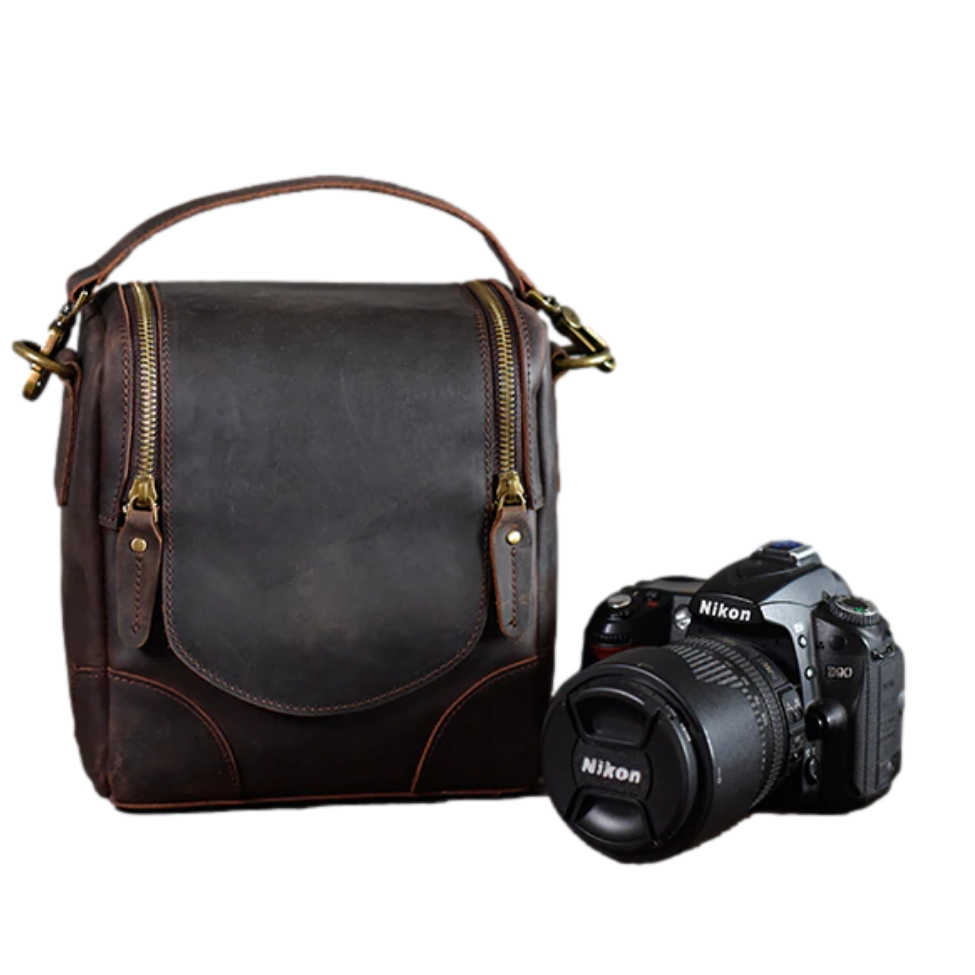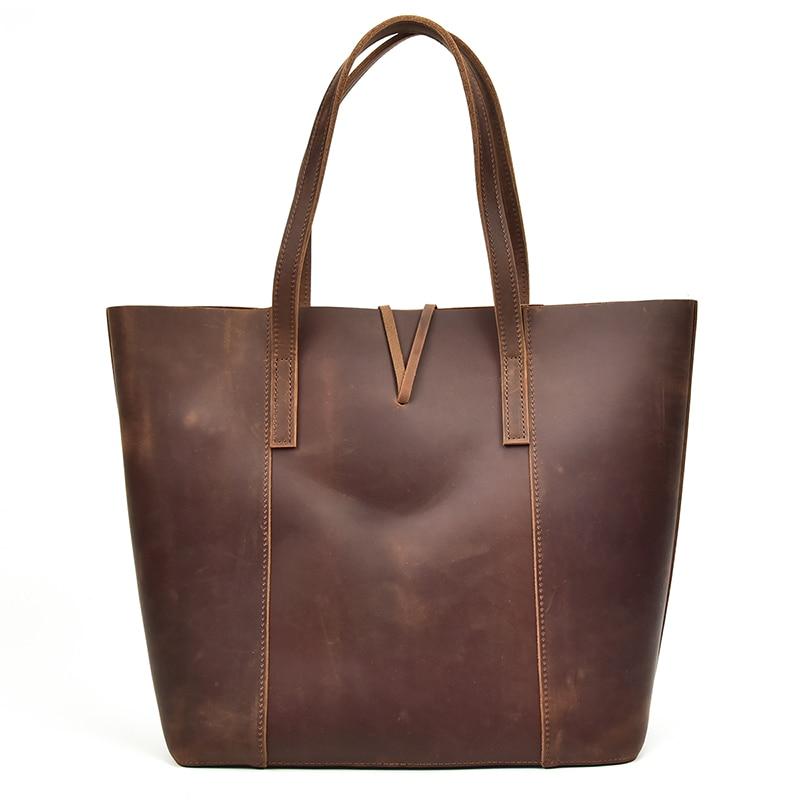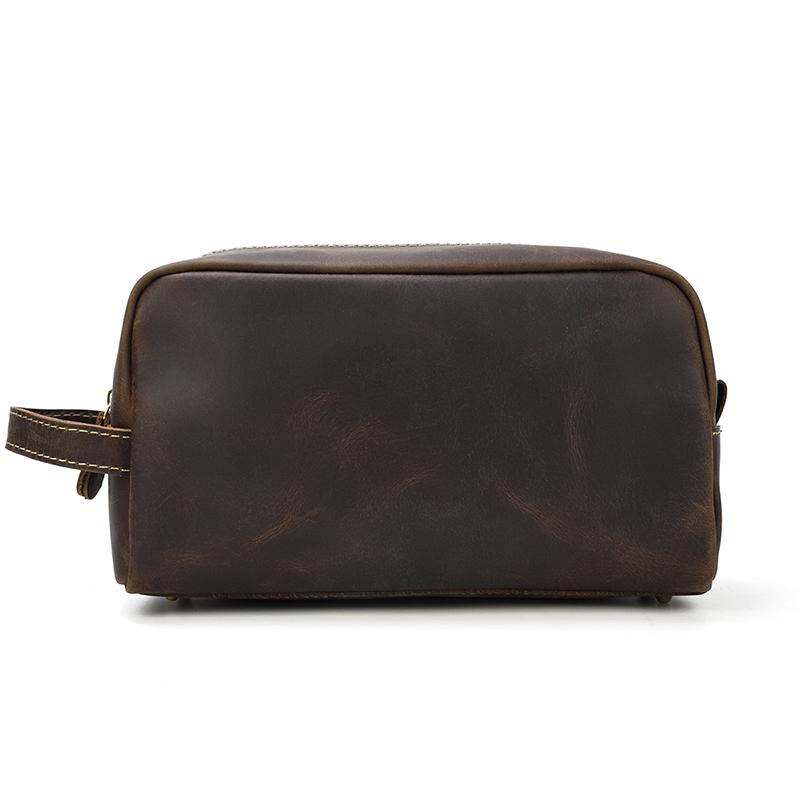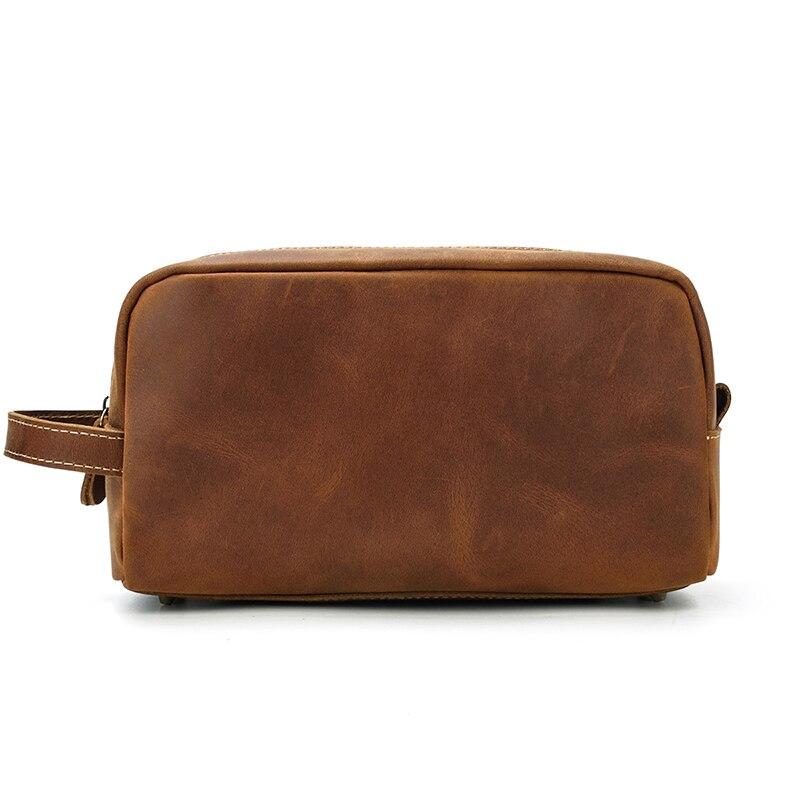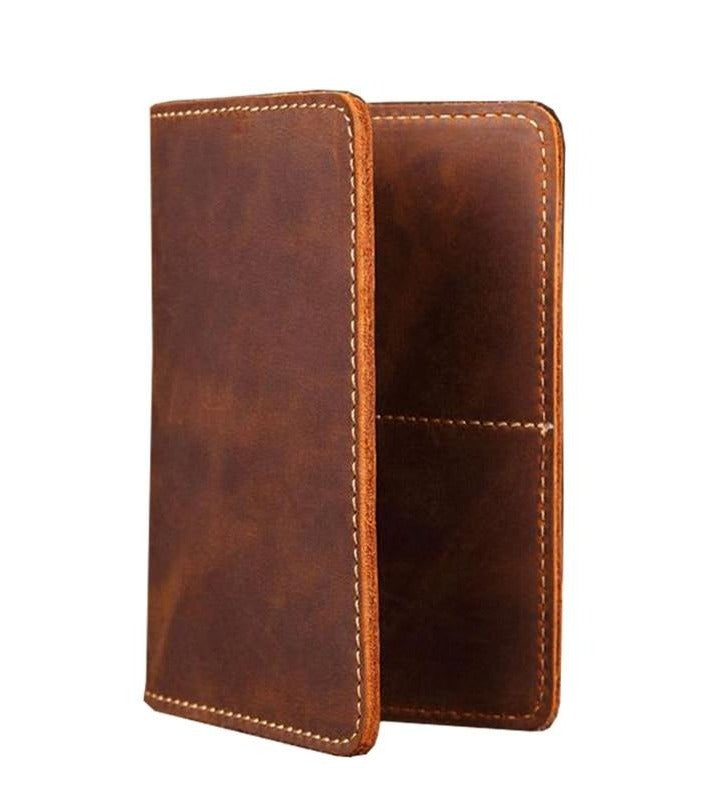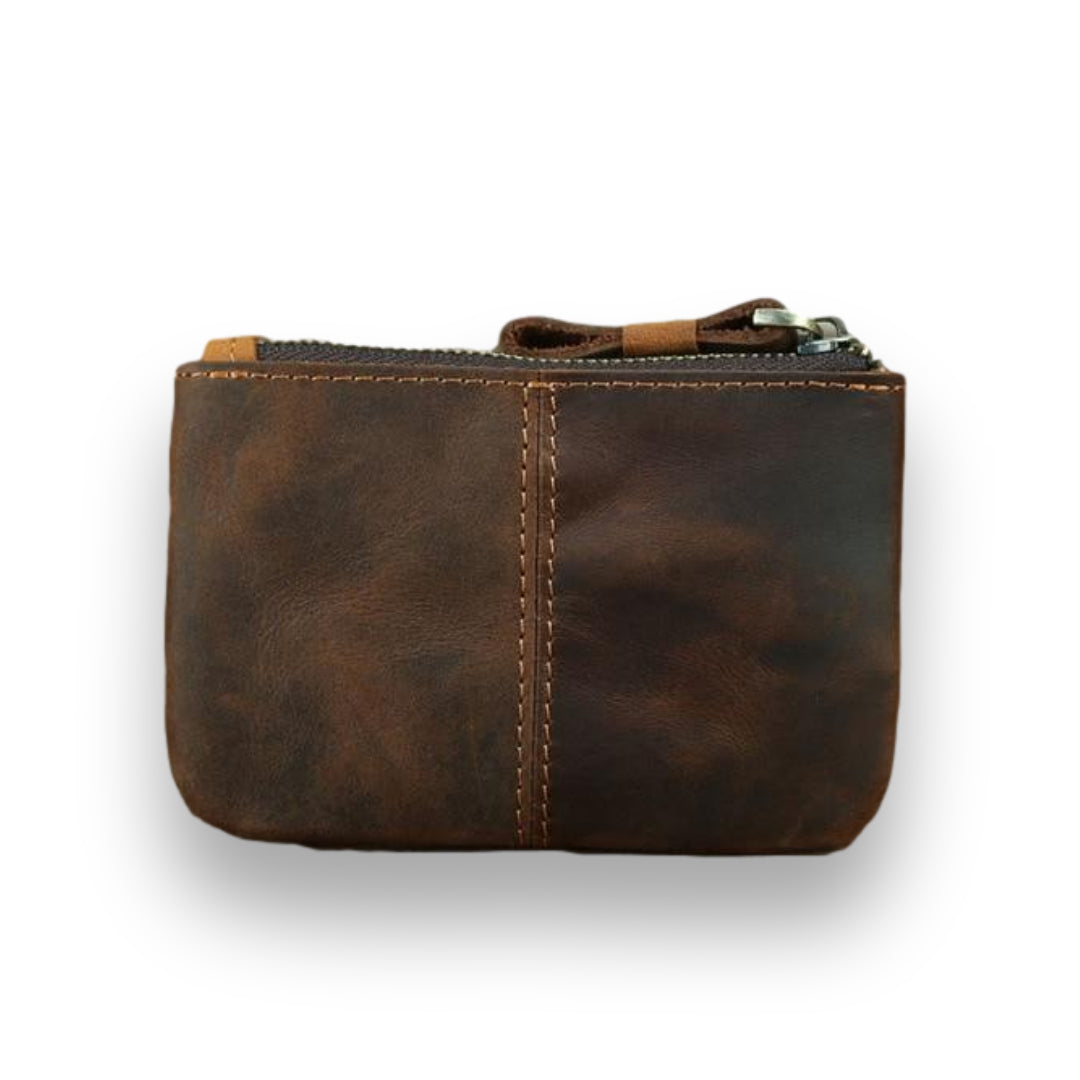A Pocketbook is a slang term for a woman's bag, and it's also used to refer to the purse that a woman carries with her when she is out and about. There are many traditional pocketbooks, but the pocketbook is also often a term for a small bag that can be carried in the pocket of your trousers or skirt. Pocketbooks, also known as handbags, are a strong symbol of a woman's identity. They are a way to express oneself and to keep one's personal belongings close at hand.
These days, however, women carry more than just a purse—they take their laptops and other electronic devices with them, too. If you are someone who carries a pocketbook, you might get the impression that all your belongings are in there and that your bag is your life.
Key Takeaways
- A pocketbook traditionally refers to a woman's handbag or a small bag that fits in a pocket. It originated in 18th-century England as a pocket journal holder and evolved into women's handbags by the 1820s.
- "Pocketbook" is more common in the U.S. Northeast and Southeast, while "purse" dominates in the West, Southwest, and Midwest. Older generations favor "pocketbook," while younger individuals prefer "purse" or "bag."
- Pocketbooks are often seen as smaller, wallet-like bags, while purses are larger and can carry pocketbooks. Handbags, viewed as more sophisticated, are larger and used for professional or fashion-forward contexts.
- Pocketbooks and purses symbolize identity, self-expression, and practicality for women. They now often include modern necessities like laptops and electronics, adapting to contemporary lifestyles.
- The terms "pocketbook," "purse," and "handbag" are often used interchangeably, influenced by region, size, time of day, and personal preference. Handbag is the preferred term in fashion-forward contexts.
Origin

The word is also sometimes used to describe a man's wallet. The term has its origins in England, where a "pocketbook" was a small compartment designed to hold a pocket journal. The first pocketbook appeared in the early 18th century, but it was not until the 1820s that the term began to be used to describe women's handbags.
Pocketbooks, Handbags, Totes, or Purses, are long and narrow bags worn on the body with a detachable strap over the shoulder and/or across the body to hold items. During the mid-20th century, these items were typically made of leather and used as a way for women to carry their personal belongings. Today, a pocketbook is a women’s handbag.
What's The Difference Between a Pocketbook and a Purse?
| Factors Influencing the Pocketbook vs. Purse Debate | ||
|---|---|---|
|
🌍 Factor of Distinction
|
👛 Pocketbook Usage
|
🛍️ Purse Usage
|
|
Region
|
Most commonly used in the Northeast and Southeast regions of the United States. Not often used outside of the United States. | The most common term across the West, Southwest, and Midwest of the United States. The common term outside of the United States. |
|
Generation
|
Often considered a more old-fashioned or classic term by younger generations. Use is spread evenly across generations. | Younger generations favor "purse" or "bag." Use is spread evenly across generations. |
|
Time of Day
|
Less specific mention, but the terms can be interchangeable (e.g., used for both day and evening bags). | Some women specifically call their day and evening bags "purses." "I'll just pick up my purse," is a common phrase. |
|
Size (Conflicting Views)
|
View 1: A bag large enough to carry your purse (i.e., larger). View 2: Smaller than a purse, used more as a wallet or clutch (i.e., smaller). |
View 1: Small and used for carrying bills (i.e., smaller). View 2: A bag large enough to carry a pocketbook (i.e., larger). |
| Conclusion: The difference is primarily a matter of regional and generational word choice variation, and not a definitive difference in the bag itself. | ||
Really, what is the difference? Depending on who you ask, it is like most great debates. The difference appears to be a word choice variation as opposed to an actual bag variation in different generations and regions. Depending on the size of the bag, pocketbook and purse are different things.
Still, others use the terms depending on the time of day.
Unsure yet? It needs to be broken down. Pocketbooks are most commonly used in the Northeast and Southeast regions of the United States, while purses are the most common term across the West, Southwest, and Midwest. Outside of the United States, pocketbooks are not used often.
By Region
There are always exceptions, of course, but generally speaking, the Northeast and Southeast regions of the United States offer the most usage of the term pocketbook. Meanwhile, purse remains the more common term across the West, Southwest, and Midwest. For those seeking types of purses for travel or considering their personal finance options, regional preferences may vary. Interestingly, outside of the United States, including areas with a significant Latino population, a pocketbook is not a term often if ever used.
By Generation
According to official language research and quotation evidence, the use of the words pocketbook and purse is spread evenly across generations, while the general consensus on forums is that it's a more old-fashioned term. The earliest evidence suggests it doesn't mean that a word is not regularly used. Many actually like the word because of its old-timey, classic feel, similar to beloved books or a booklike leather folder. Younger generations favor the words "purse" or "bag," particularly when discussing cool ideas for beautiful book handbags.
By Time of Day
Some women call their day and evening bags purses, considering the time of day and specific life issues. It's possible that both words can be used in the same bag, whether it includes a detachable strap or is designed to fit in a coat pocket. "I'll just pick up my purse," is a common phrase, especially when managing personal papers or handling financial resources.
By Size
The pocketbook vs. purse debate gets confusing at this point. The size difference between a pocketbook and a purse will be different depending on who you ask. The internal storage size varies, with some designed as a folder for papers while others are meant for ordinary paper and handwritten notes. A pocketbook, then, is a bag in which to carry your purse because some will say a purse is small and used for carrying bills. According to many others, a pocketbook is smaller than a purse and used more as a wallet or clutch. A bag large enough to carry your pocketbook is a purse, and many feature design elements like pocket bread compartments.
Unfortunately, there isn't a definitive answer to the pocketbook vs. purse depending on various factors. Whether discussing consumer pocketbooks or the public purse, you'll be correct either way if you use the term that you prefer. If you want, you can call our leather pocketbooks purses whatever you want, as they're typically leather bipartisan pocketbook issues that transcend simple definitions. Research suggests that the emotional and symbolic value associated with these accessories plays a crucial role in shaping consumer preferences and purchase decisions (Zong et al., 2023).
A perfect example of modern pocketbook design that bridges these varying definitions is The Taavi Tote. During its development, we carefully considered the evolving needs of today's users while respecting traditional craftsmanship. Made from premium crazy horse leather, this 13.4" x 13" x 5.9" tote demonstrates how contemporary pocketbooks can adapt to modern needs while maintaining classic appeal. Its spacious interior compartment accommodates a 13" laptop, making it ideal for both professional and casual use. When designing the Taavi, we found that users particularly appreciated the ergonomically-designed straps that distribute weight evenly – a feature that emerged from extensive user feedback during development. The included removable clutch also offers a clever solution to the purse-within-a-pocketbook concept that many users seek. Research published in the Journal of Fashion Design suggests that contemporary pocketbooks often incorporate design features that enhance usability, such as adjustable straps for weight distribution, without compromising aesthetics (Tian, 2022). The included removable clutch also offers a clever solution to the purse-within-a-pocketbook concept that many users seek.
The History of The (Term) Purse

In Britain, the word purse is still used to refer to a small bag for storing coins. Bigger bags are called bigger bags in the United Kingdom. The purse vs handbag dispute is more difficult in American English because some people think the word purse is outdated, while others think the words are interchangeable.
The Ever-Changing Handbag
Louis Vuitton began to make bags similar to small suitcases at the end of the nineteenth century. These bags were the first of their kind. The bags had sturdy handles, plenty of internal pockets and compartments for storage and organization, and a snap closing. If you want to be more respected in the fashion community, you'll probably want to stay away from the term purse and go with the more respected word.
Many have dubbed the p-word old-fashioned because it is essentially interchangeable. A good rule of thumb is to call it a handbag when you're trying to come off as more fashion-forward.
The term handbag refers to higher-end bags, so think of it as a more sophisticated word. The bag a celebrity is wearing isn't a purse, according to most people.
Today, this evolution continues with innovative designs like our Sachi Leather Backpack, which features two large zippered sections and a magnetic clasp center purse pocket – addressing the modern need for both security and accessibility. The high-quality crazy horse leather construction gives it a beautiful bold color while maintaining durability, demonstrating how contemporary handbags can blend traditional craftsmanship with modern functionality.
The Good Old Pocketbook
Society has thrown another word at us as if the handbag vs purse debate wasn't complicated enough. What is the difference between a pocketbook and a handbag? Most dictionaries define a pocketbook as just a woman's handbag, but there are several ways you can differentiate between them. A bag larger than a purse and smaller than a handbag is referred to as a pocketbook. It's mostly used in the United States but is popular in the Northeast and Southeast. Others don't use this term. Older generations tend to use the term pocketbook more often.
A small book that can fit in a pocket is referred to as a pocketbook. The leather folder that was used to carry money, checks, bills, notes, and important documents is what the term evolved into. In the 19th century, people began to refer to large shoulder bagswo as pocketbooks.
It's a good idea to keep a few basic rules in mind when choosing a purse or handbag. Handbag is more accepted in the high fashion community. People will think of a small bag as outdated if you use the word purse.
The Difference Between a Purse and a Handbag

There is a constant debate about when to use a purse or handbag. The term purse was first used to mean a small bag that held money. The word handbag has appeared in society's vocabulary and is now the primary term used to describe a bag women carry on their shoulders.
There is a difference between a purse and a handbag. A purse is a bag that can be carried over your shoulder or across the body, while a handbag is a bag that is usually carried across the body.
A handbag is a purse with a handle, whereas a purse is a small bag that can be carried on one’s shoulder. The difference between the two is that a handbag has a handle. A handbag can be used for carrying items such as keys, cards, and money. A handbag is also known as a tote or a clutch.
Is It a Purse or a Handbag?
A small bag for holding coins is what the term "purse" originally referred to. It's still used to refer to a small money bag in English-speaking countries. A "handbag" is a larger accessory that holds items beyond currency. The terms purse and handbag are used interchangeably in American English.
The term handbag began to be used in the early 1900s. Men's hand luggage was the first thing it was used to refer to. The term was attached to the accessory as women's bags grew larger and more complicated.
The term "pocketbook" was used for a woman's handbag on the East Coast of the United States.
What are the Differences Between a Purse, Clutch and Handbag?
|
Category
|
📏 Capacity/Use
|
Carrying Feature
|
Placement/Handling
|
|---|---|---|---|
| Handbag | Roomier; can bring everything you need. Excellent choice for being out for a long period of time. | Has a strap for ease of carrying. Hands can be free. | Can be placed on the floor, hung over a chair, or set on a hook. |
| Clutch | Carries only essential items. Size is affected by items/activities. Can be used during the day. | Often requires being held, though some have a thin strap. Hands are generally occupied. | Needs to be held or placed on a table. |
| Purse (General Term) | Typically used as a general term for a small bag for carrying money, keys, etc. | Varies widely (often has a strap). | Varies widely. |
The number of items you'll need to have on hand and the activities you'll do when carrying it are some of the things that affect the choice of whether or not to carry a clutch. You can bring everything you need in a handbag, but they're usually roomier. If you are going to be out for a long period of time, a handbag is an excellent choice.
A clutch carries only essential items. If you need to have your hands free, you will also want to think about that. A thin strap can be found in some clutches, but a handbag has a strap for ease of carrying.
It's a good idea to consider if you need to set your bag down. A handbag can be placed on the floor, hung over a chair, or set on a hook. A table is where a clutch needs to be held. Today's clutches can be used during the day for a variety of uses.
Our Heritage in Fine Leather Craftsmanship
At Steel Horse Leather, our deep understanding of pocketbooks and handbags comes from years of dedicated leather craftsmanship and a passionate commitment to preserving traditional leatherworking methods. Our master artisans have spent decades perfecting their craft, bringing an unparalleled level of expertise to every piece we create. This extensive experience allows us to speak authoritatively about the nuances between different types of bags, from classic pocketbooks to modern handbags. Our expertise extends beyond mere construction to the very essence of leather itself. We've developed comprehensive knowledge through our meticulous vetting process of leather suppliers and our holistic approach to leather sourcing. This intimate understanding of leather quality, processing, and characteristics enables us to create bags that not only meet aesthetic standards but also deliver exceptional durability and functionality.
Our artisans' deep knowledge of leather properties influences every aspect of our designs, from the selection of specific leather types for different bag styles to the precise techniques used in construction. When discussing the evolution and distinctions between pocketbooks, purses, and handbags, we draw from our practical experience in crafting thousands of pieces, each telling its own story of traditional craftsmanship meeting modern needs.
Our commitment to authenticity and quality has given us unique insights into how these accessories have evolved while maintaining their timeless appeal. This hands-on expertise allows us to offer not just products, but a genuine understanding of what makes each type of bag unique and suitable for different purposes.
Frequently Asked Questions
What is The Main Difference Between a Pocketbook and a Purse?
The difference is largely regional and generational. In some areas, a pocketbook refers to a smaller bag, while a purse is slightly larger. Others use the terms interchangeably.
Is a Pocketbook the Same as a Handbag?
While the terms are often used synonymously, a pocketbook may be considered smaller than a handbag. Handbags are typically seen as larger and more fashion-forward.
Where is The Term “Pocketbook” Most Commonly Used?
The term is popular in the Northeast and Southeast regions of the United States but is rarely used outside of the U.S.
When Should I Use the Term “Handbag” Instead of “Purse”?
The term "handbag" is often preferred in high-fashion contexts and when referring to larger, more sophisticated bags.
What Are the Differences Between a Clutch, Purse, and Handbag?
- Clutch: Small, typically strapless, and ideal for carrying essentials.
- Purse: Medium-sized, used interchangeably with "handbag" in American English.
- Handbag: Often larger and with handles or straps, suitable for carrying a variety of items.
Are Pocketbooks Outdated?
While some consider the term "pocketbook" to be old-fashioned, it remains popular among certain regions and generations for its classic appeal.
Conclusion
Pocketbooks, purses, handbags, and clutches each hold unique roles in our lives and reflect both practicality and style. Whether you're embracing the classic charm of the pocketbook, the versatility of a handbag, or the sleek elegance of a clutch, the choice often comes down to personal preference, regional influence, and the occasion. These accessories not only help organize our essentials but also serve as a statement of individuality. Regardless of terminology, the evolution of these items showcases the creativity and adaptability of fashion throughout history.
Check out these awesome blogs!
Men's Leather Backpacks For Work
Men’s Leather Gifts a complete guide
Share:
- Tweet on TwitterOpens in a new window.
- Share on FacebookOpens in a new window.
- Pin on PinterestOpens in a new window.
- Share on LinkedInOpens in a new window.
References
Tian, Z. (2022). suzhi, guanxi, and the abject body: nonhuman agents of paradox that perform identity work together with chinese women political leaders. Management Communication Quarterly, 37(1), 99-126. https://doi.org/10.1177/08933189221095615
Zong, Z., Liu, X., & Gao, H. (2023). Exploring the mechanism of consumer purchase intention in a traditional culture based on the theory of planned behavior. Frontiers in Psychology, 14. https://doi.org/10.3389/fpsyg.2023.1110191



















